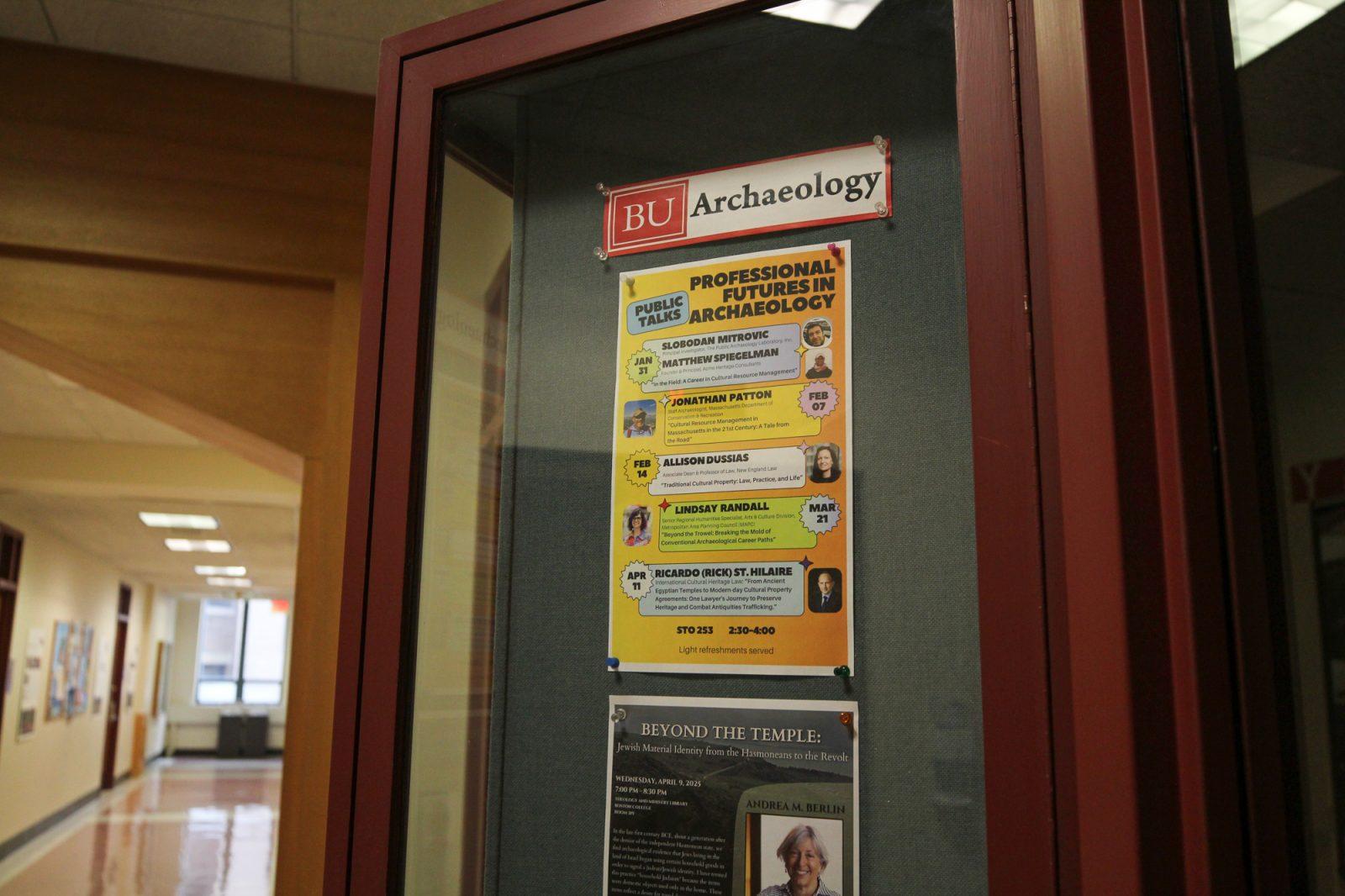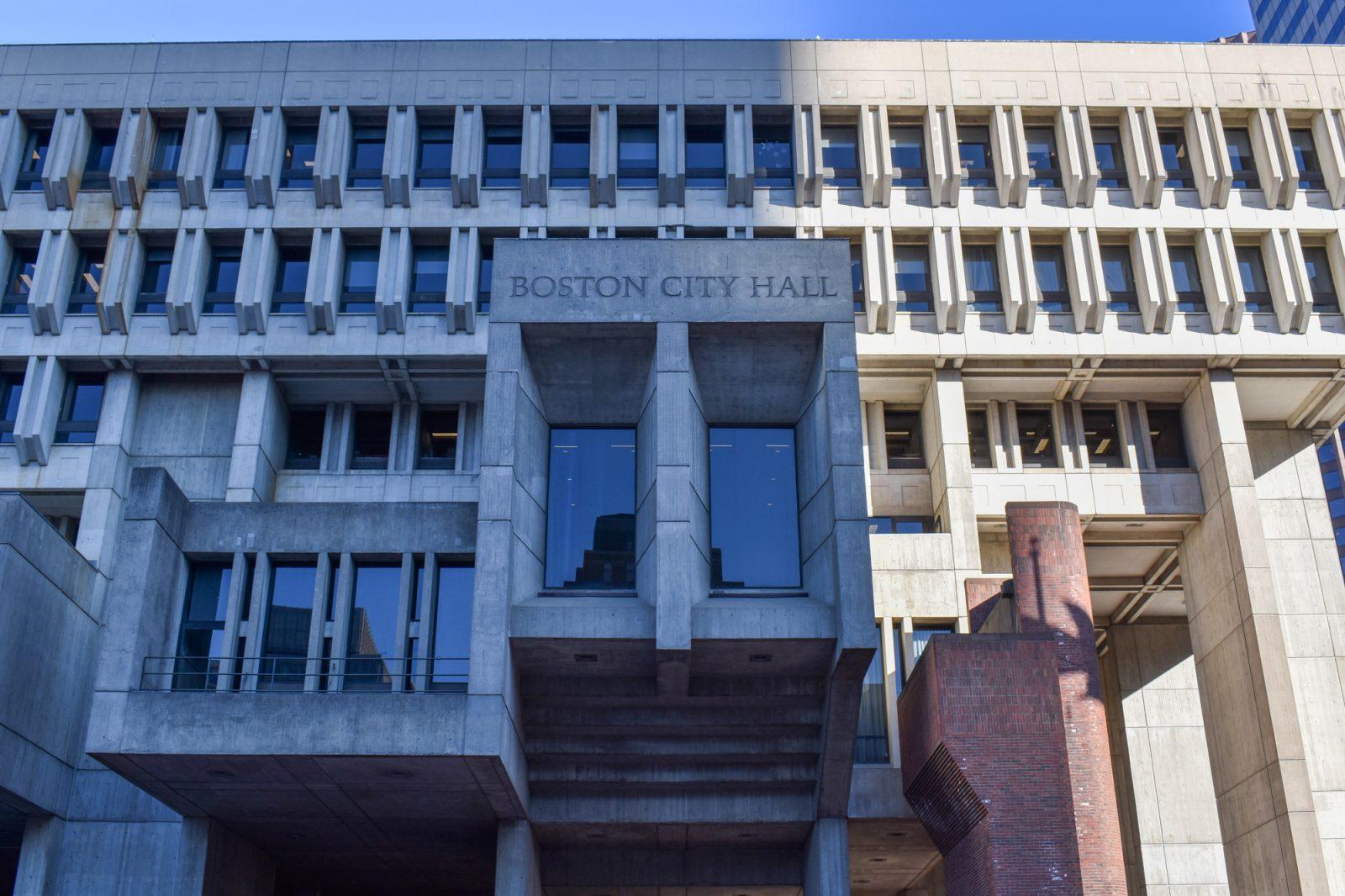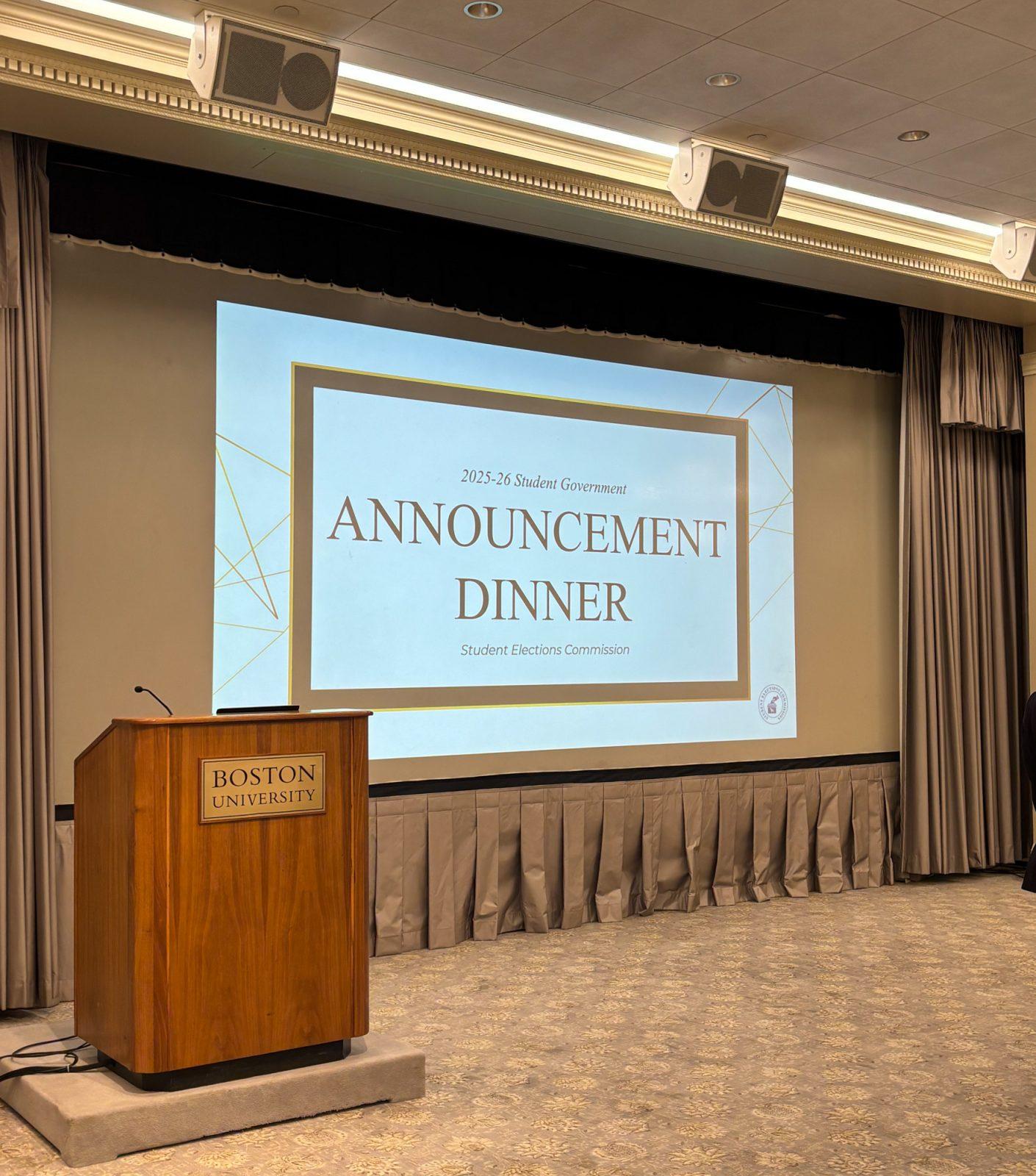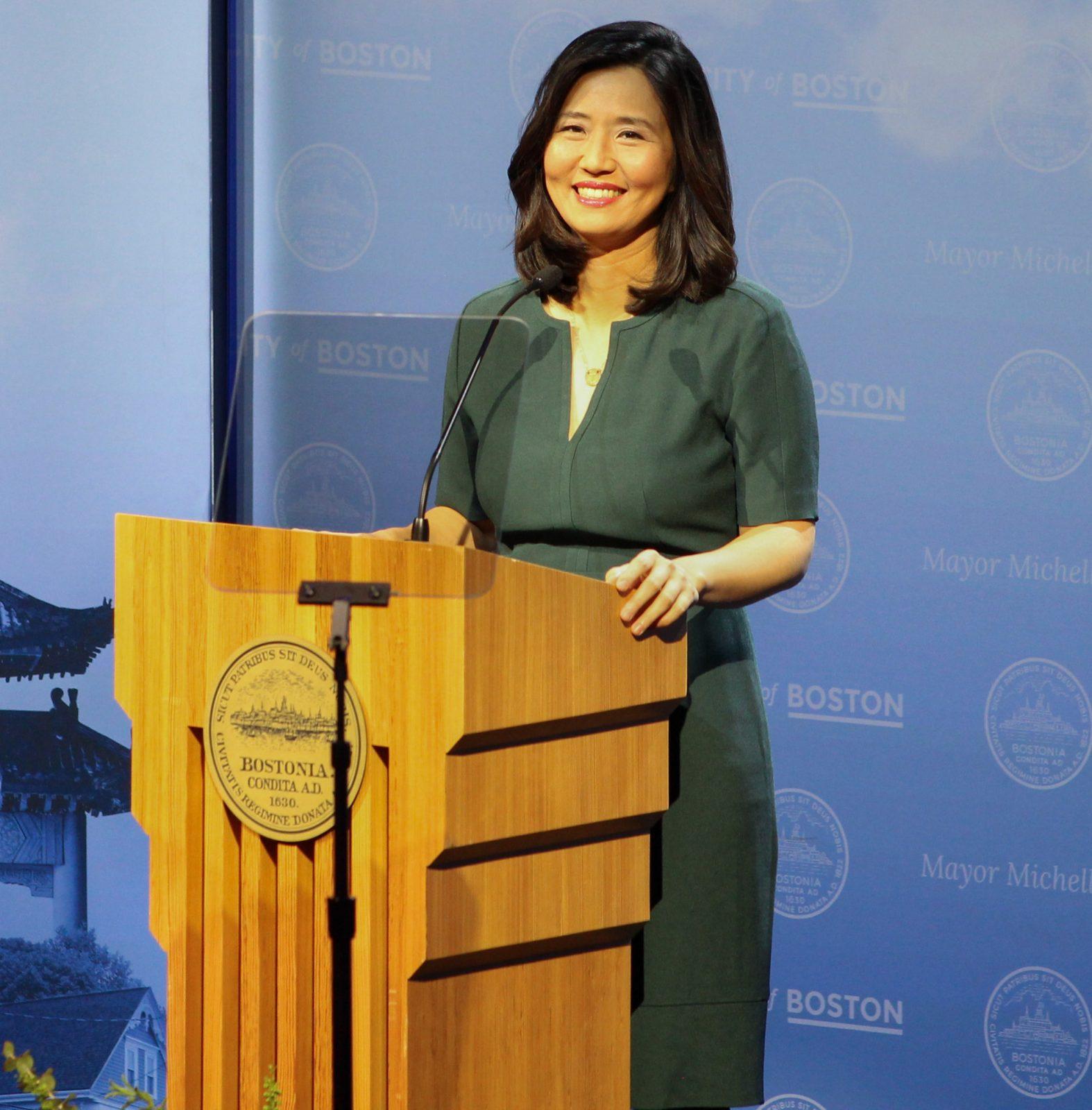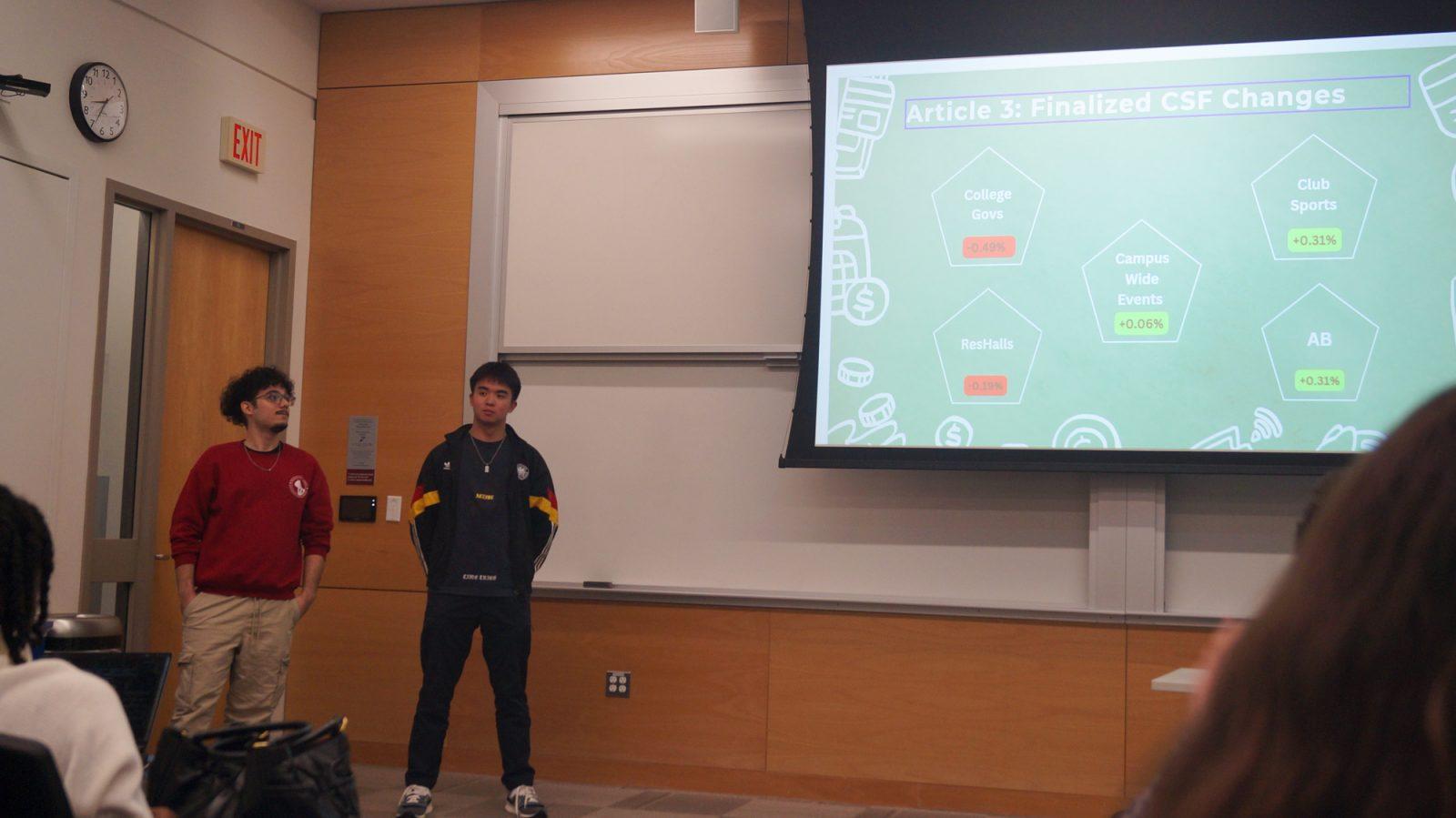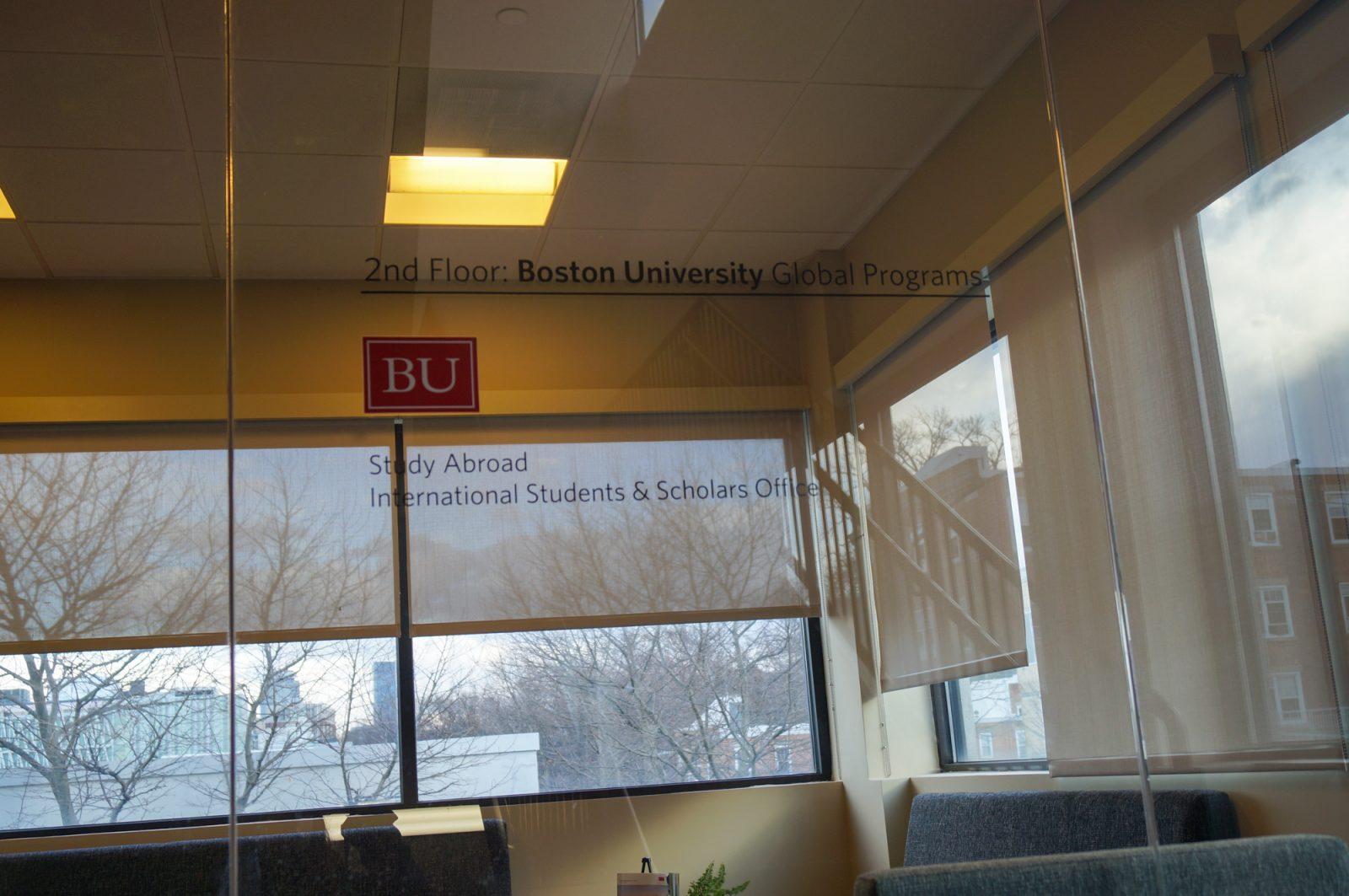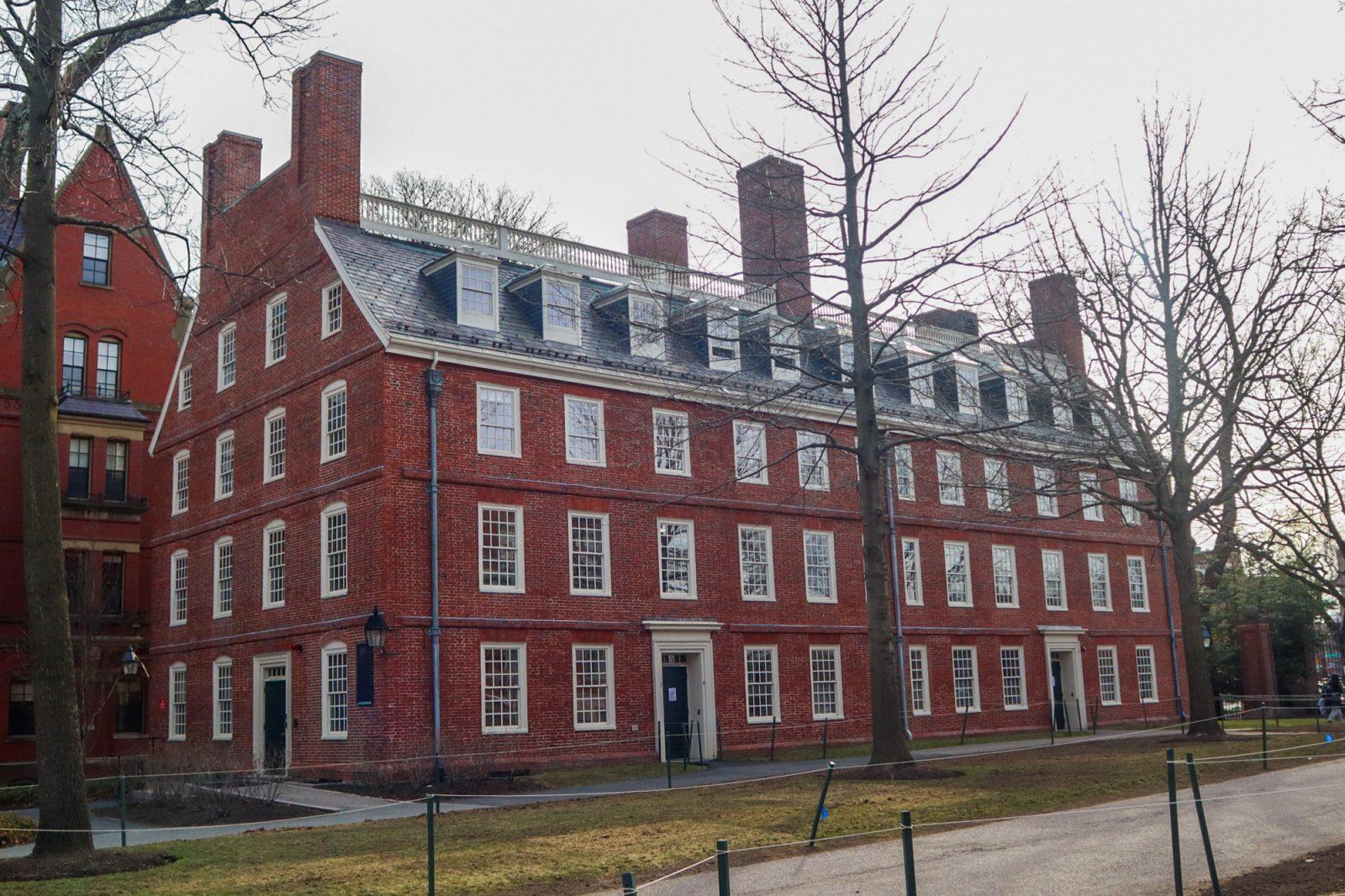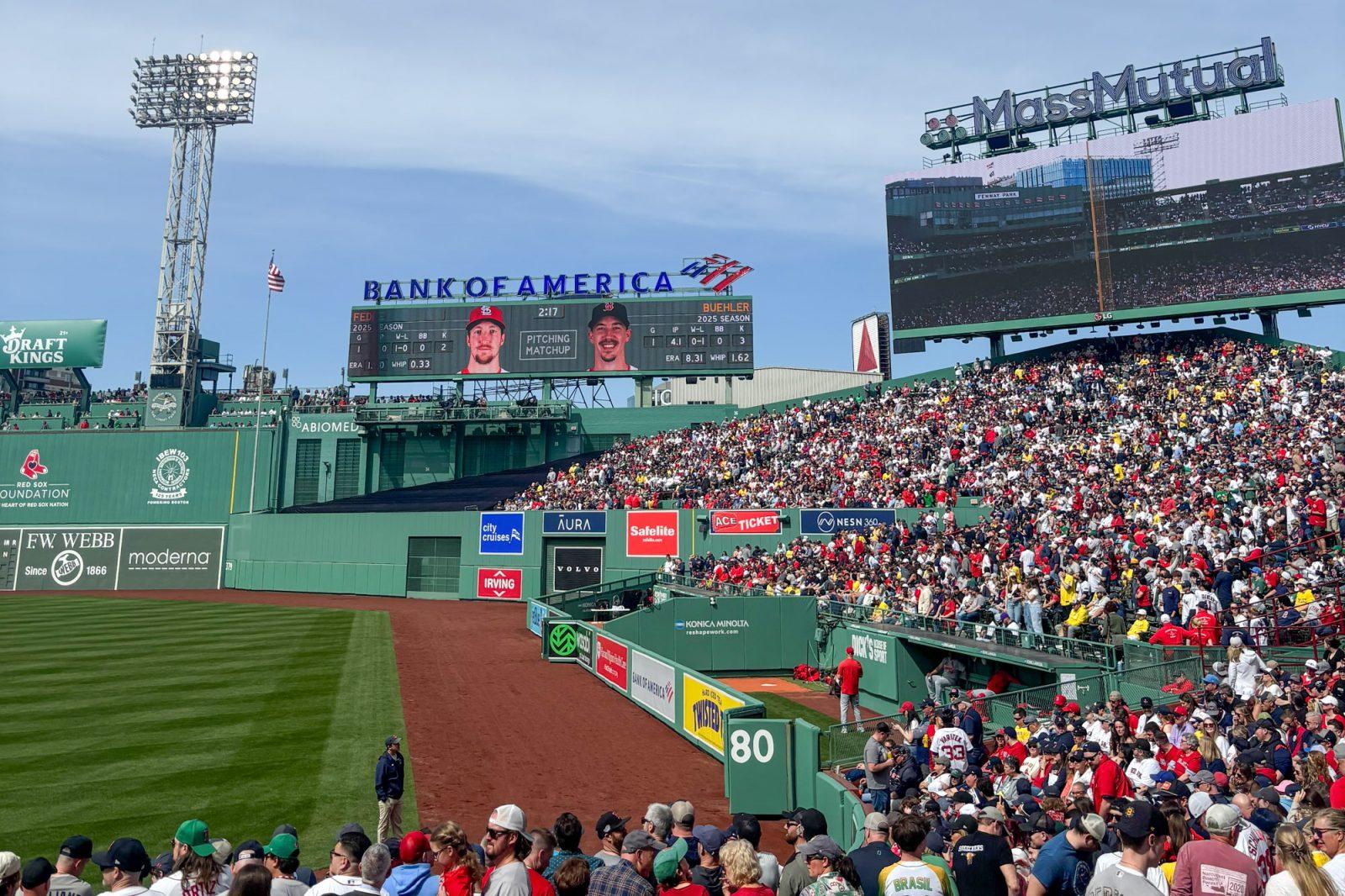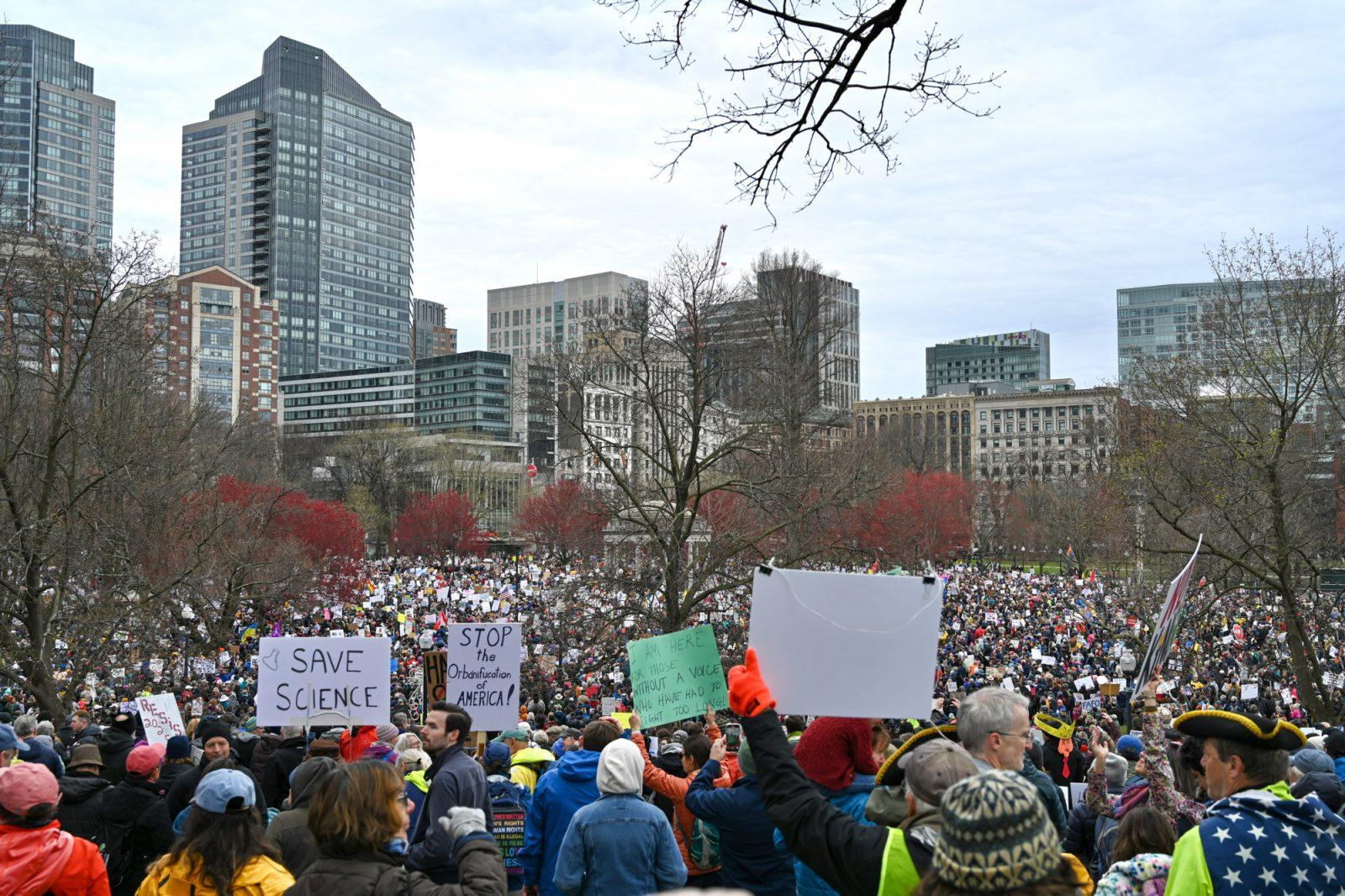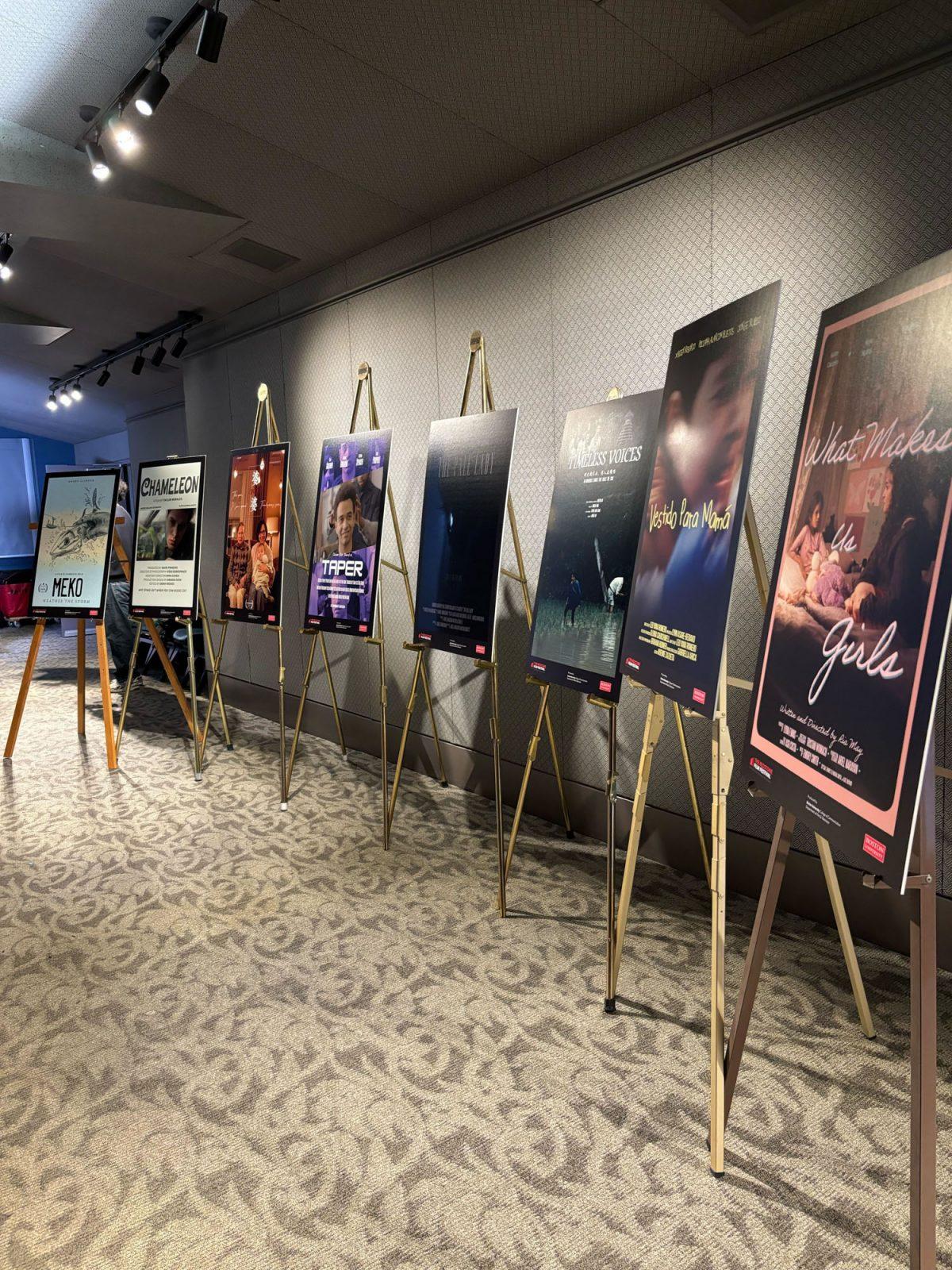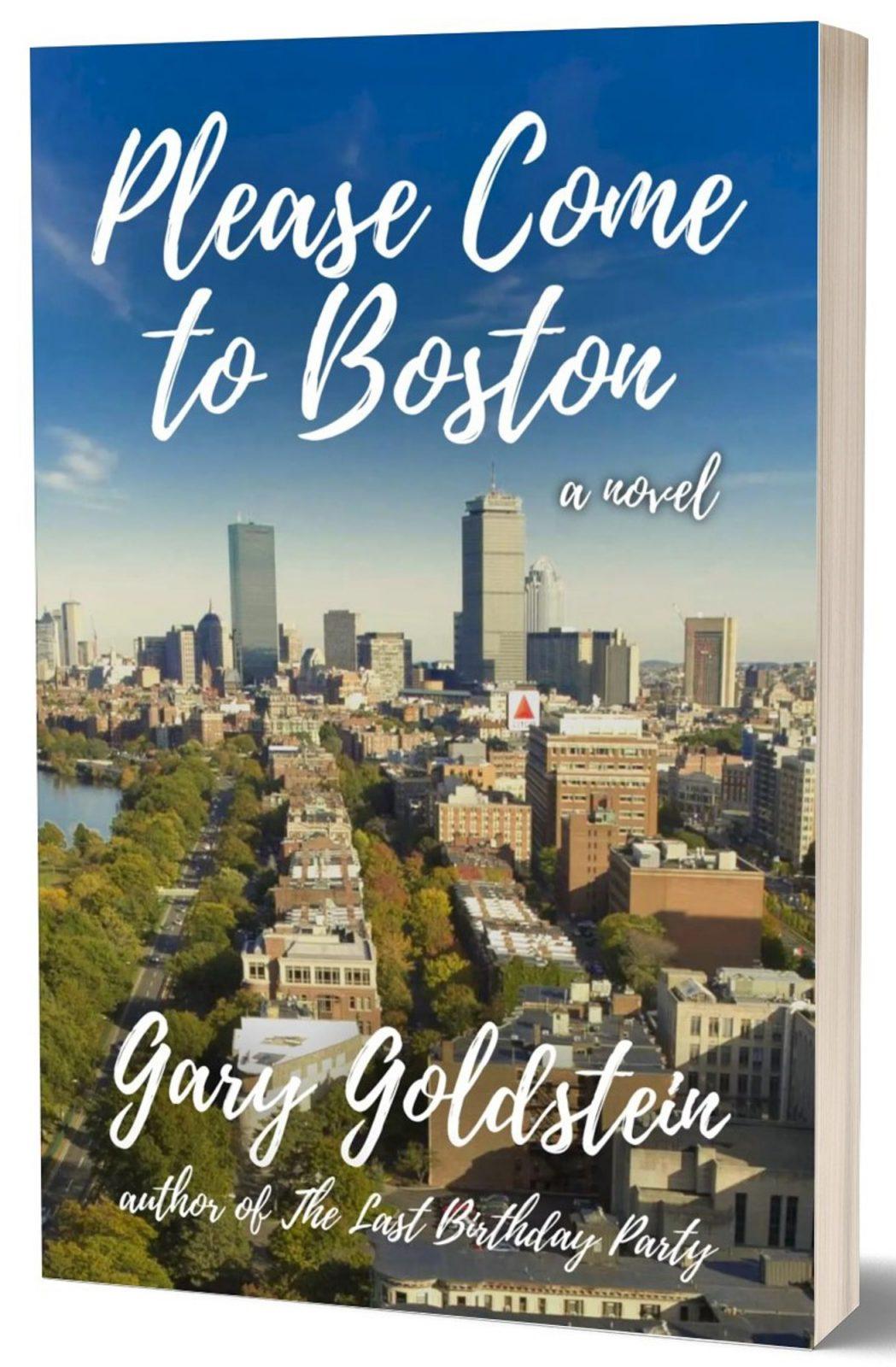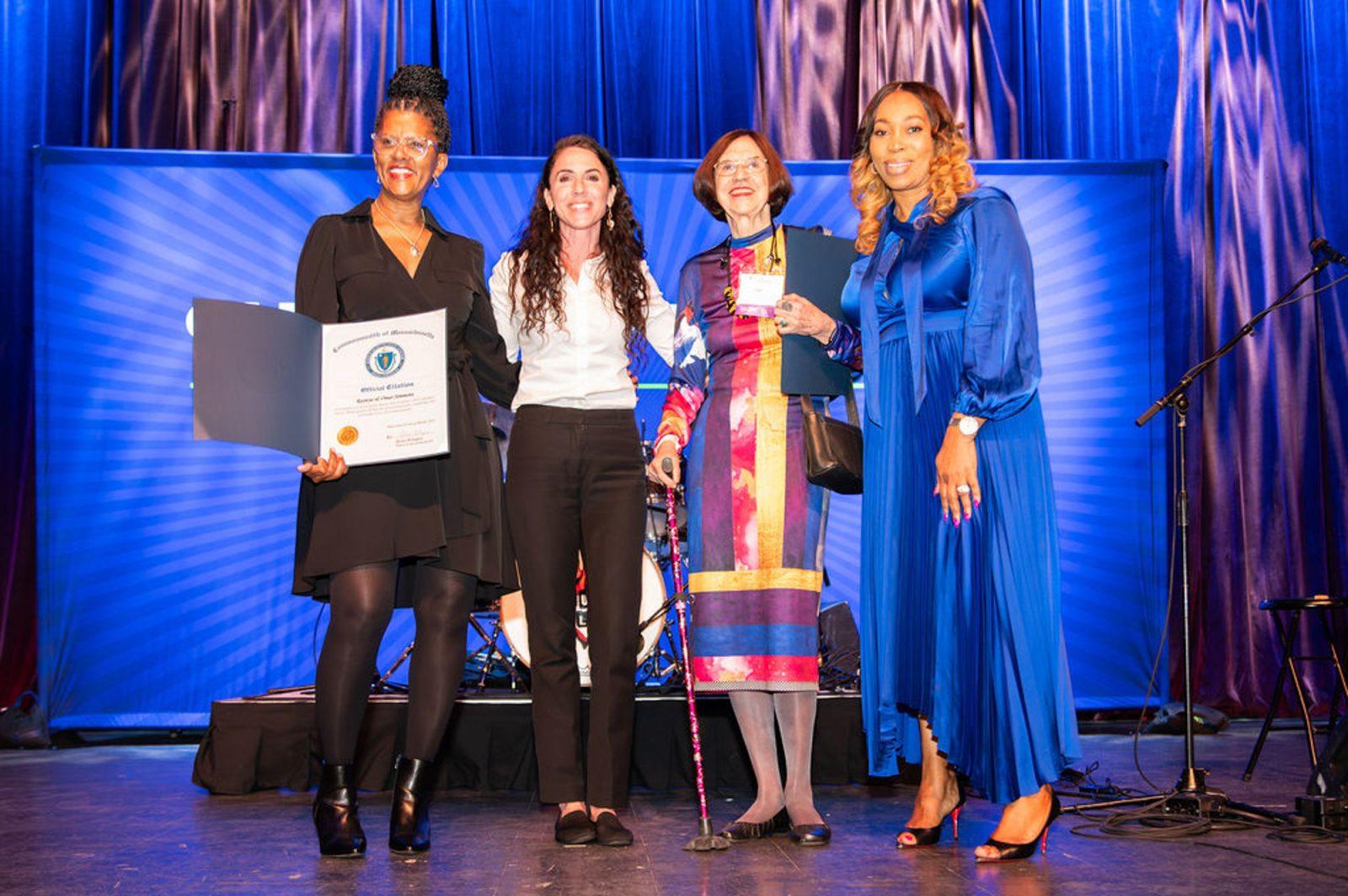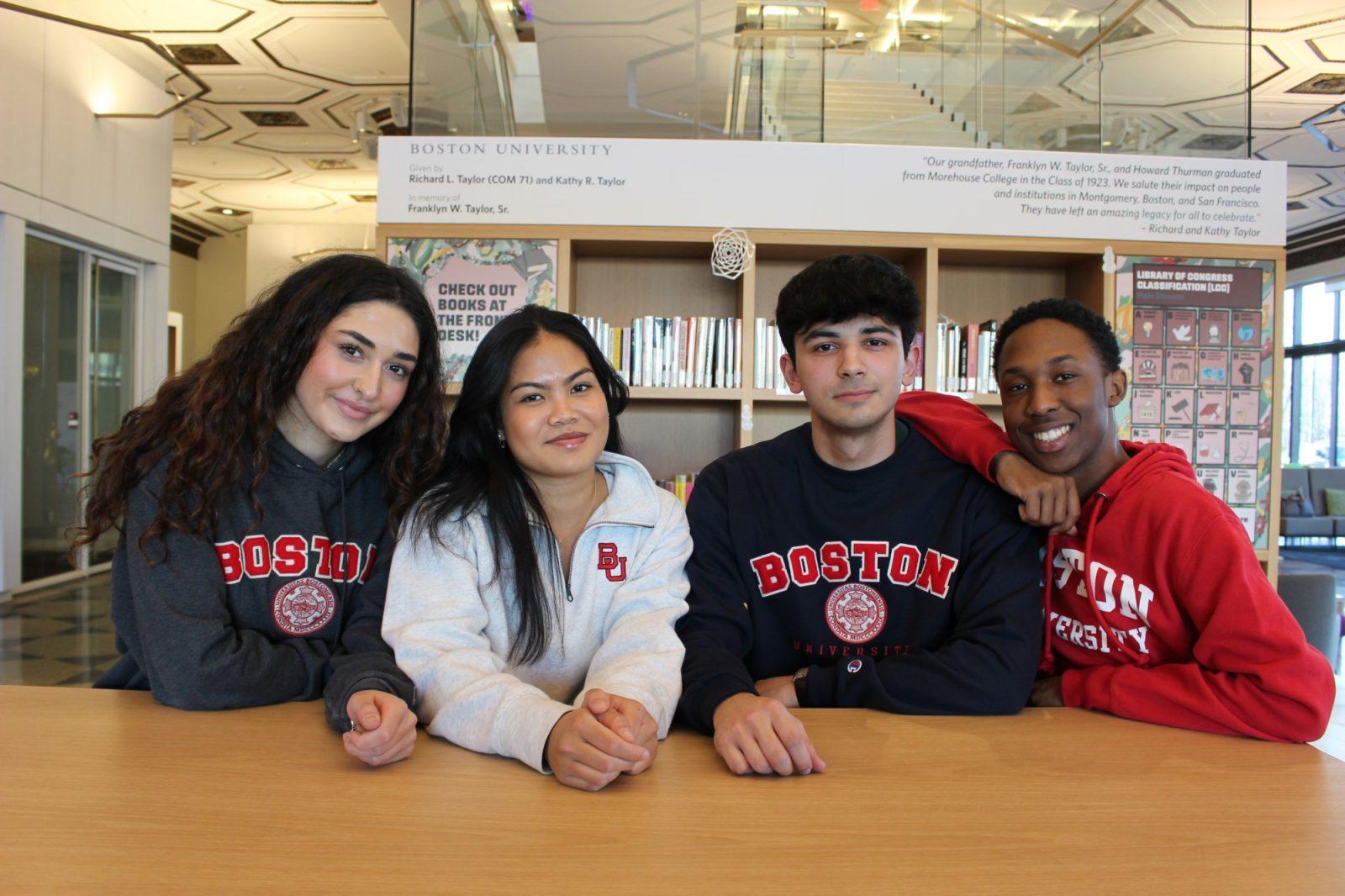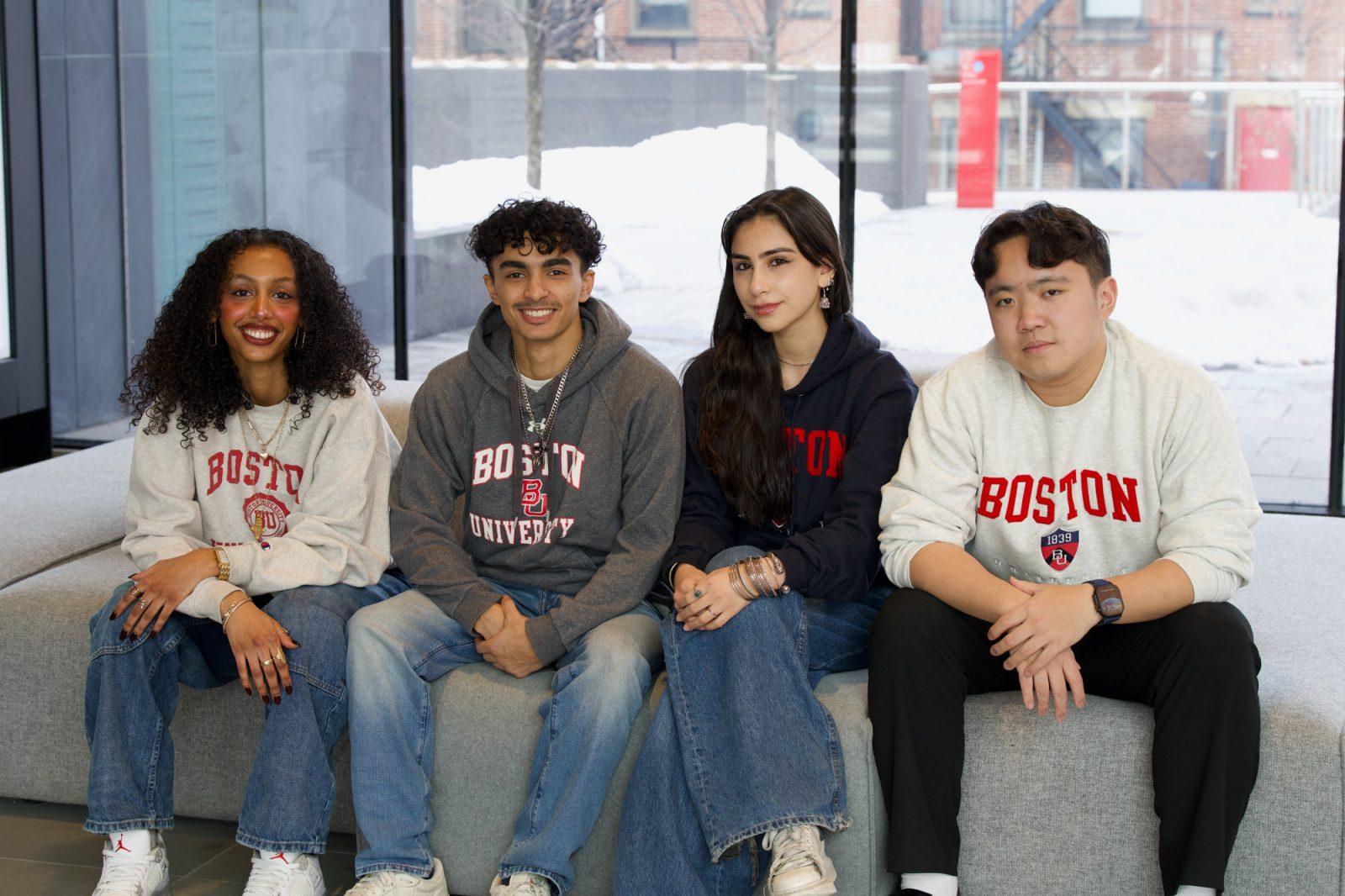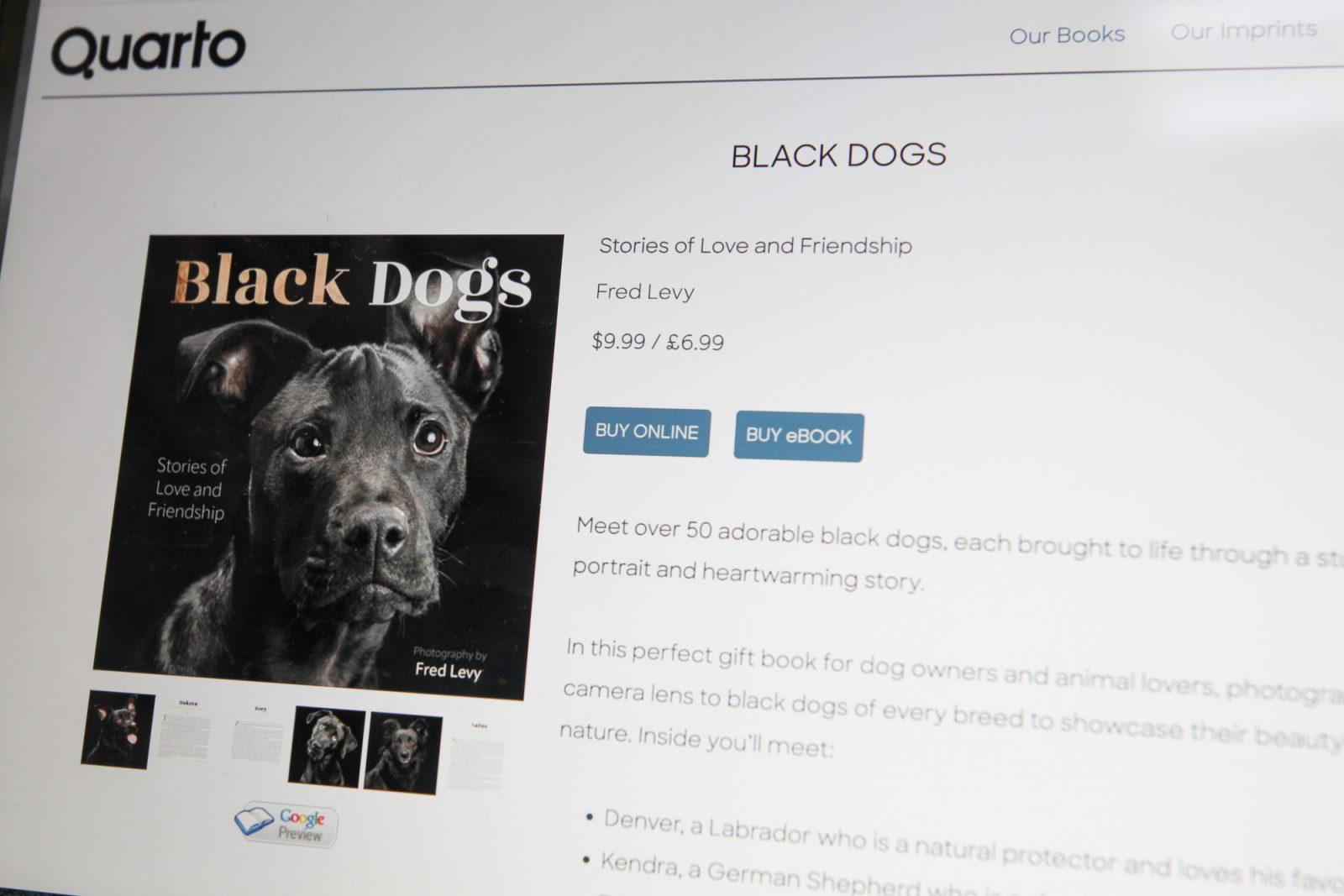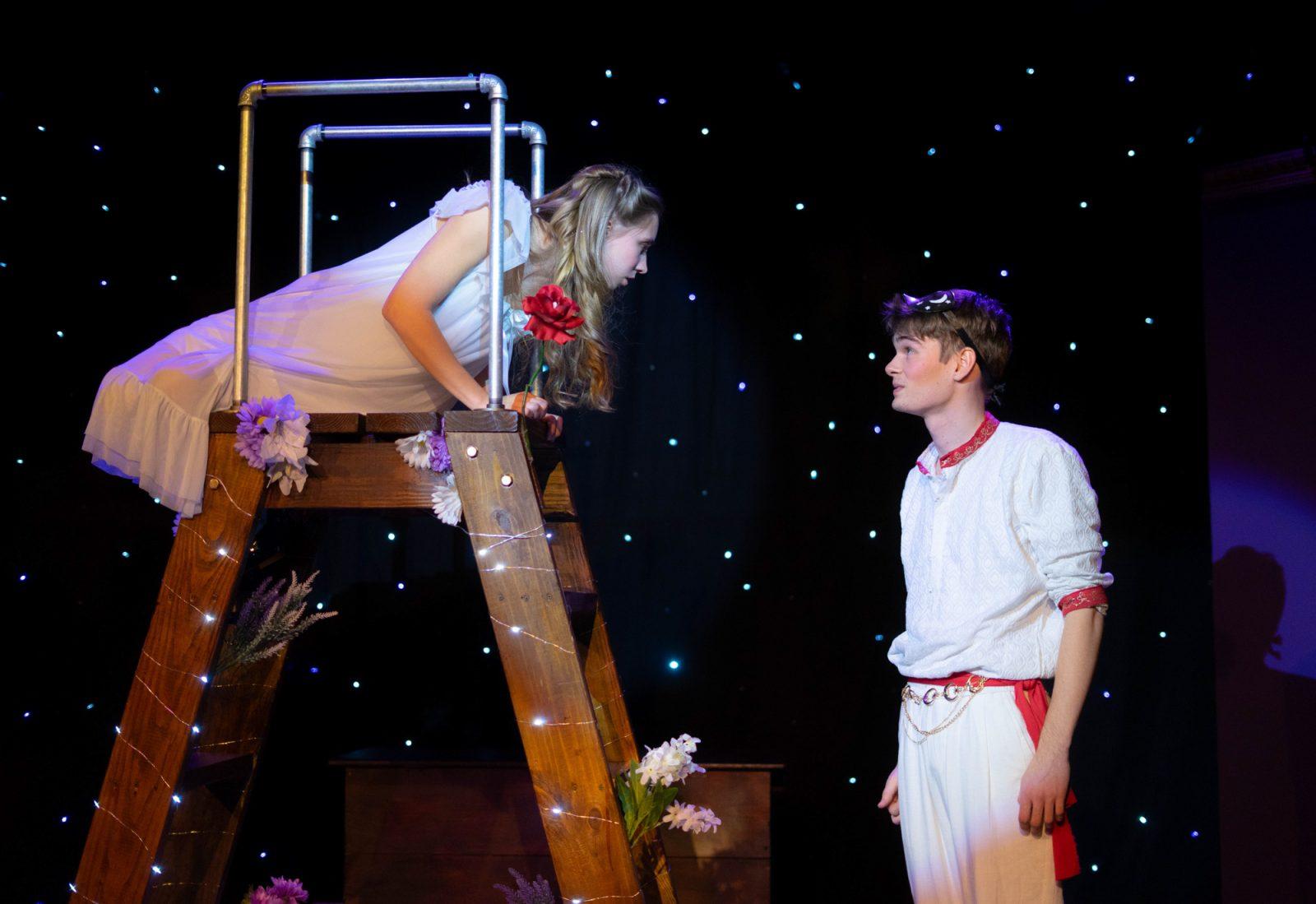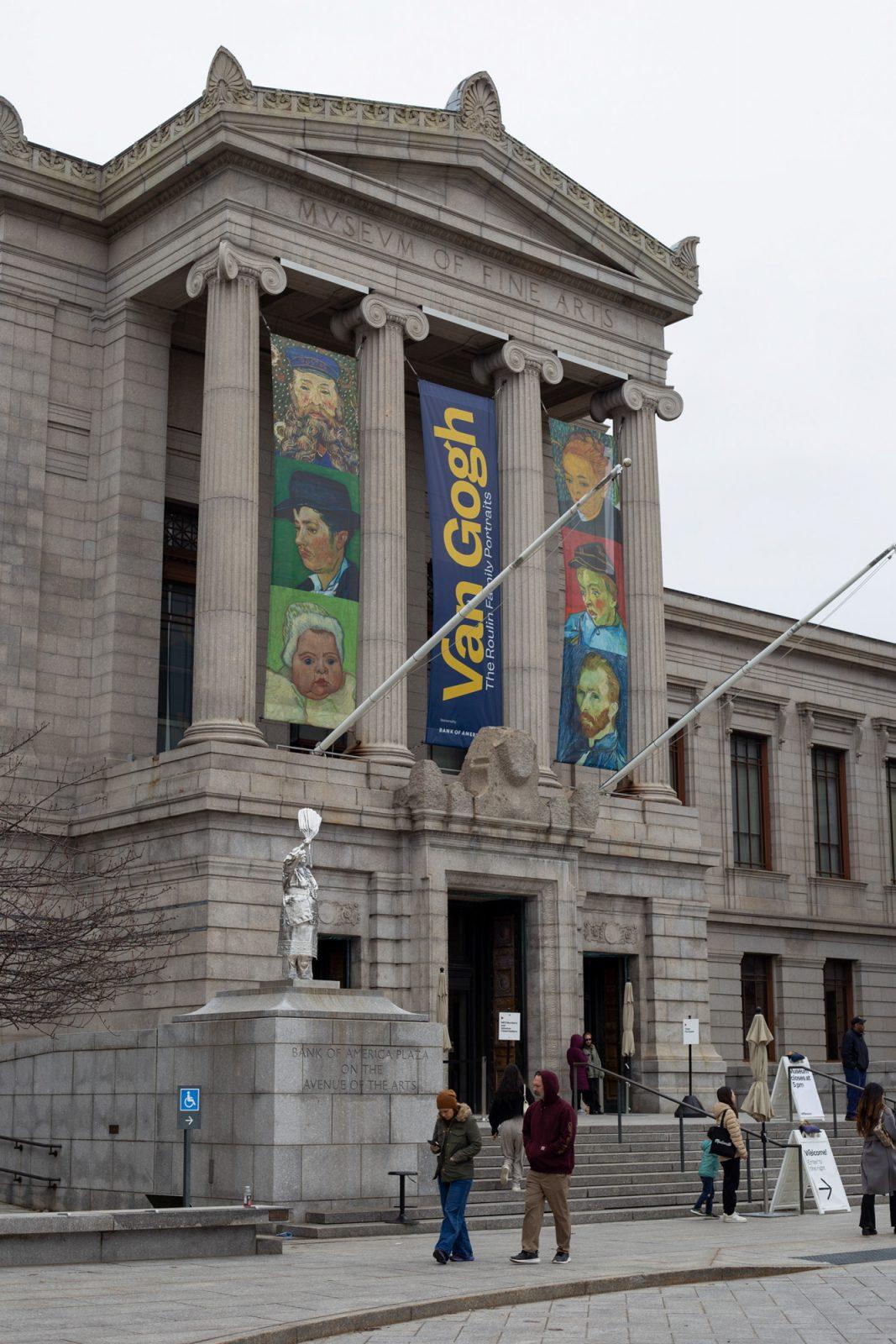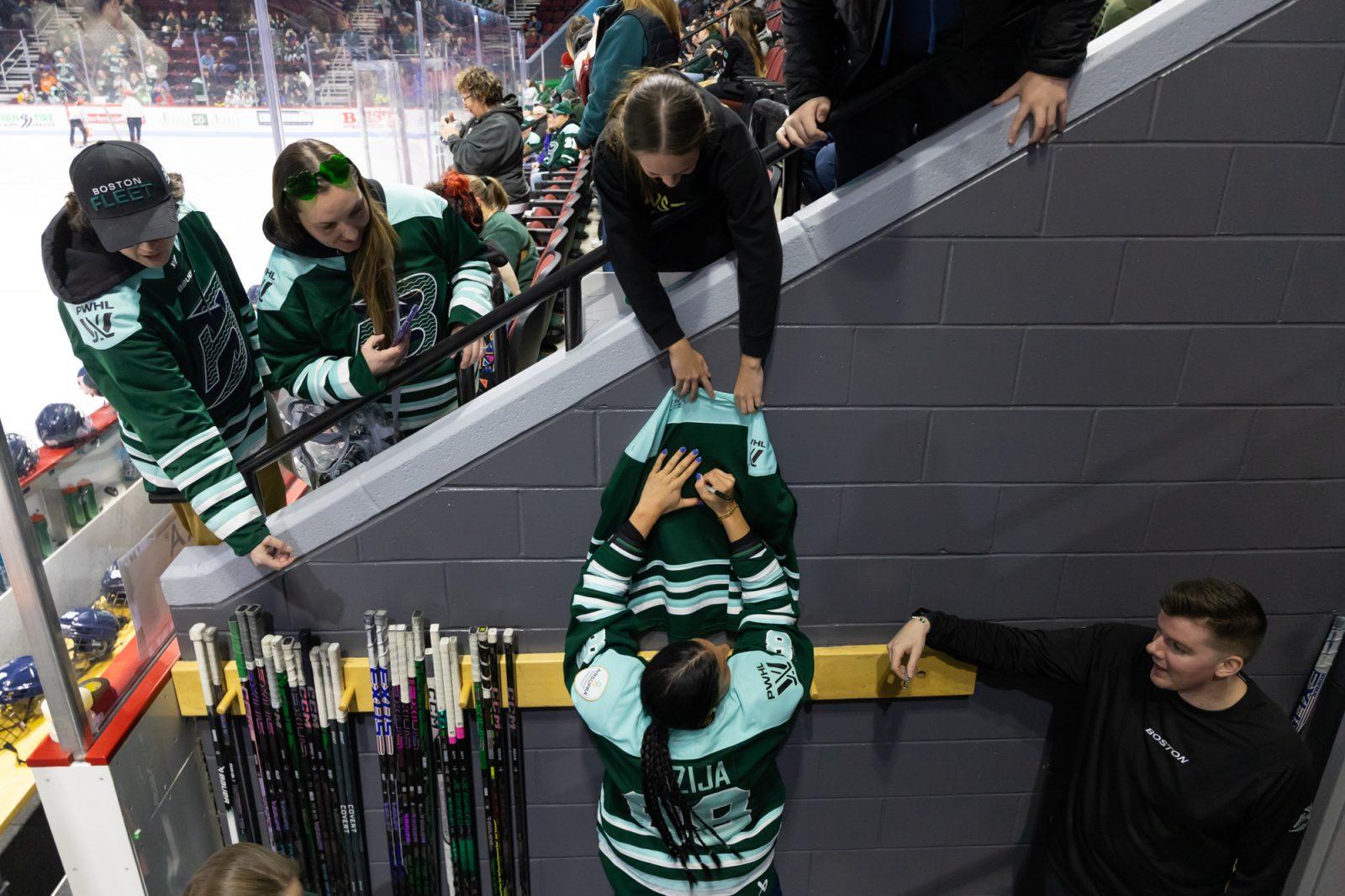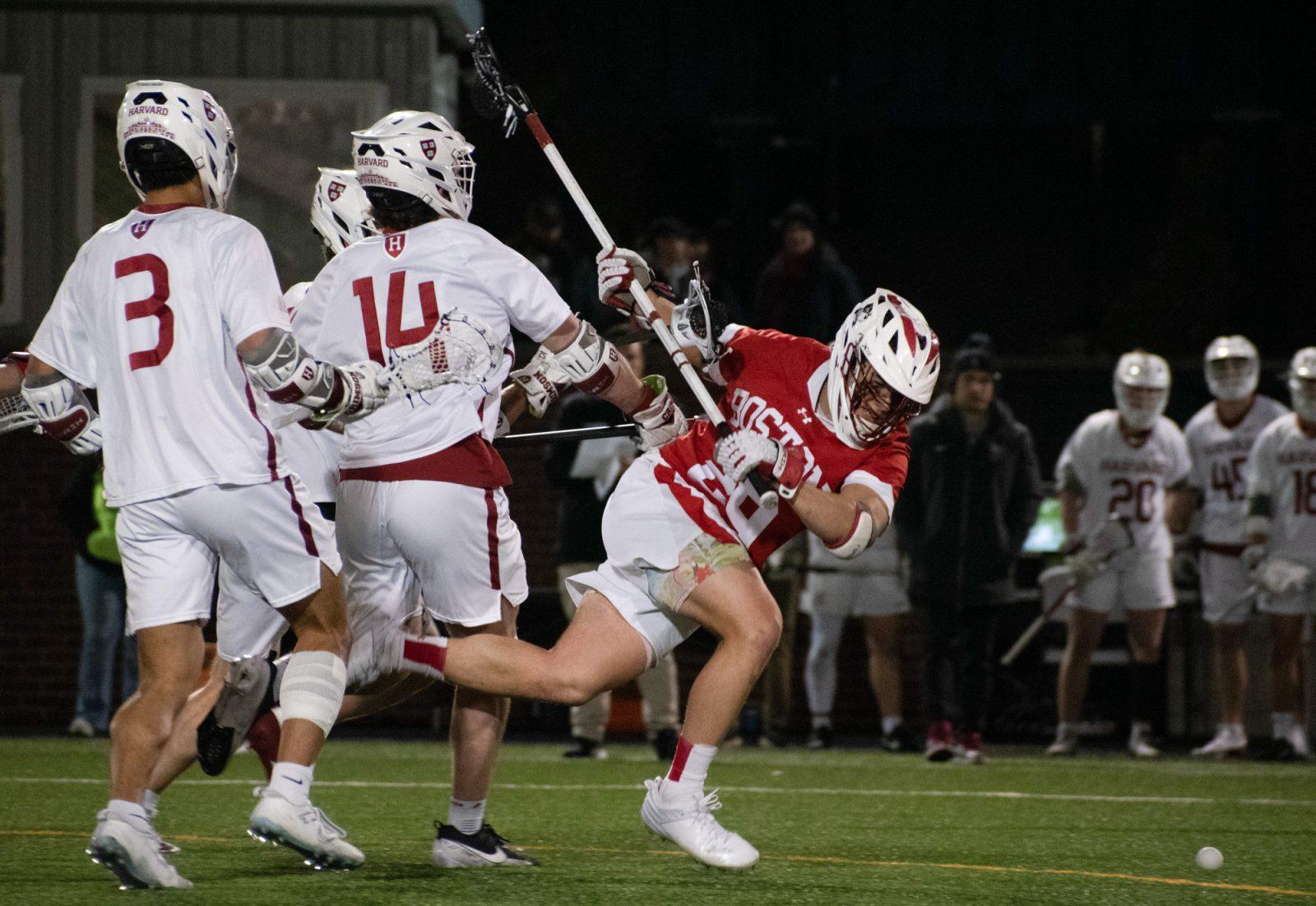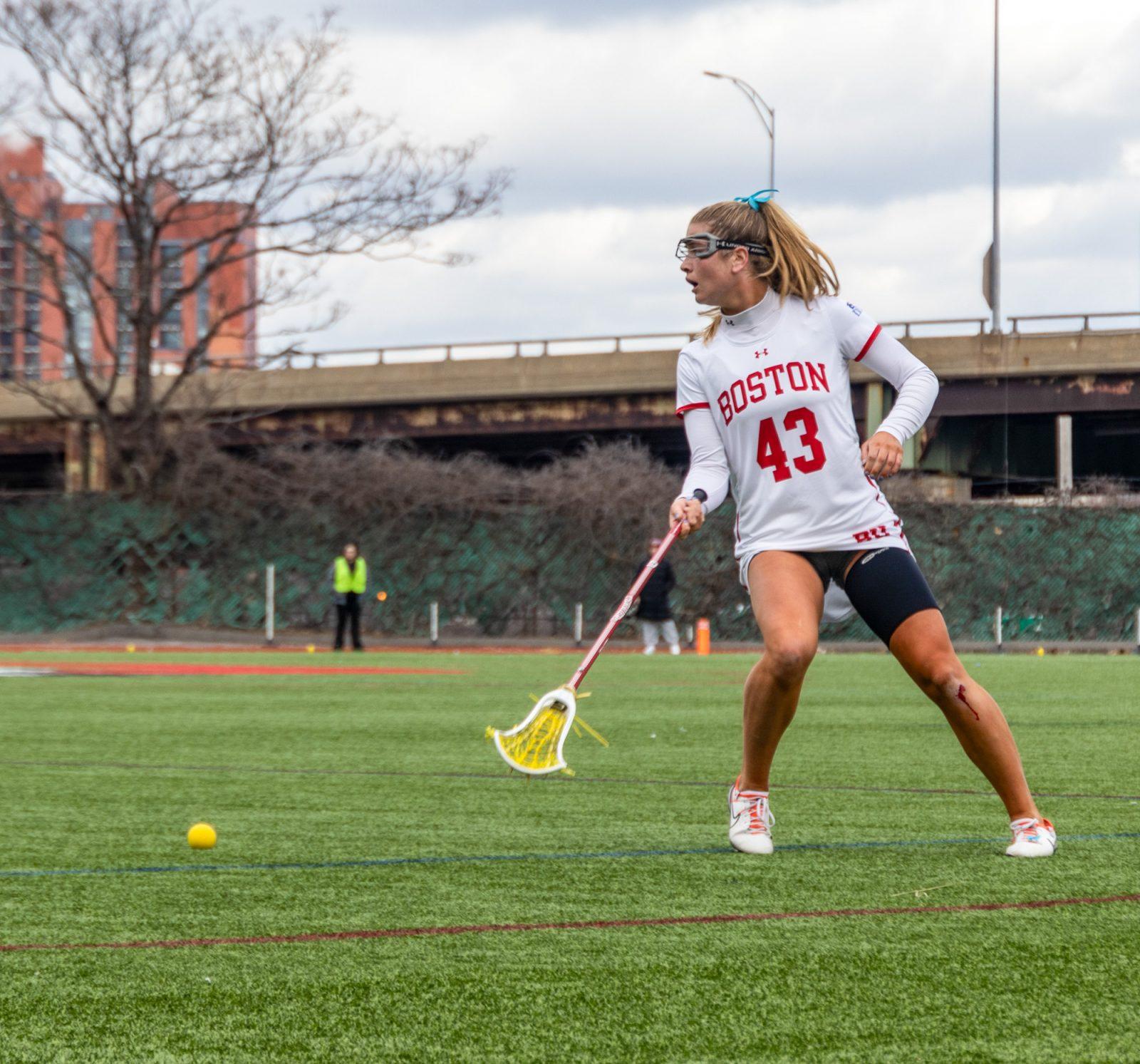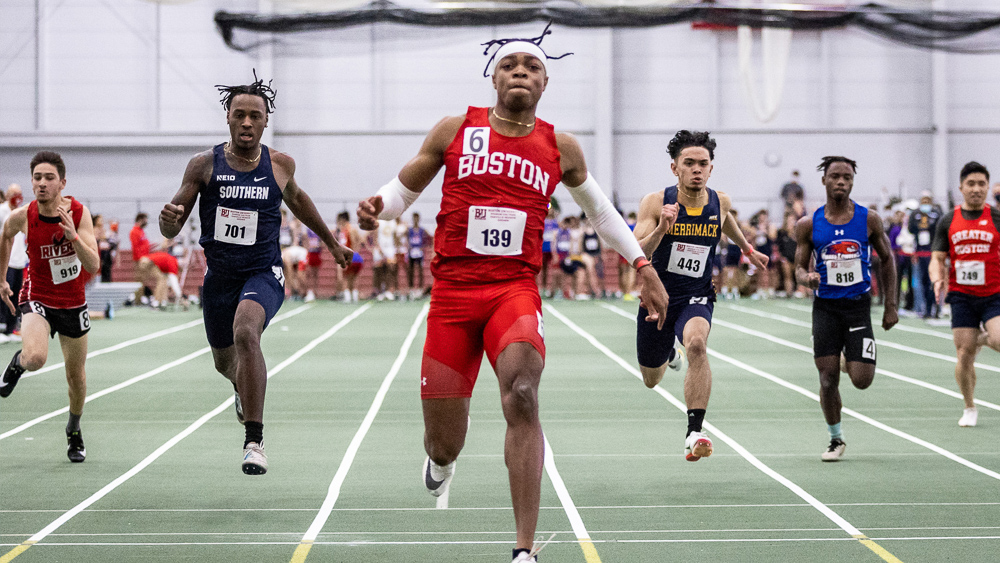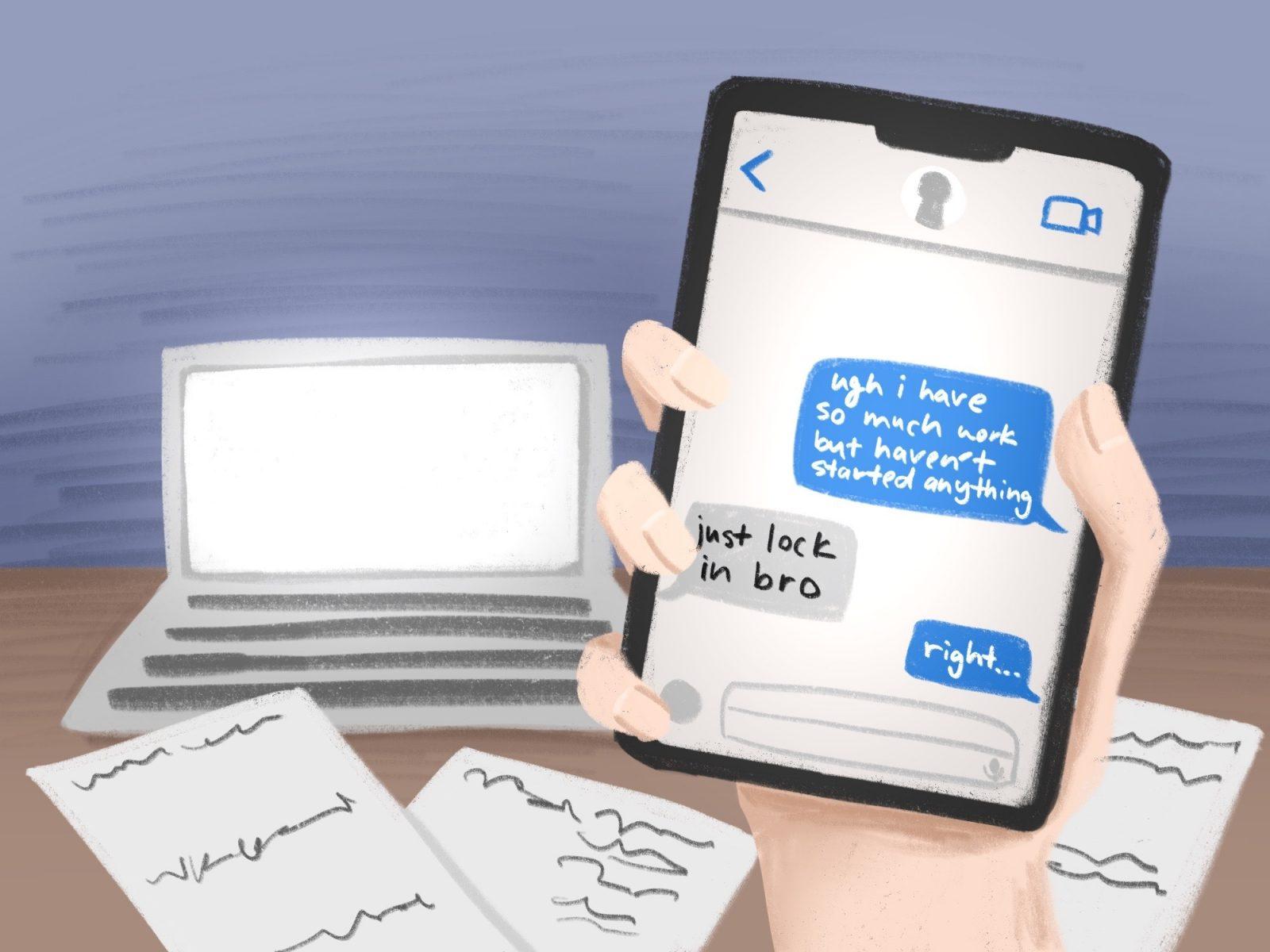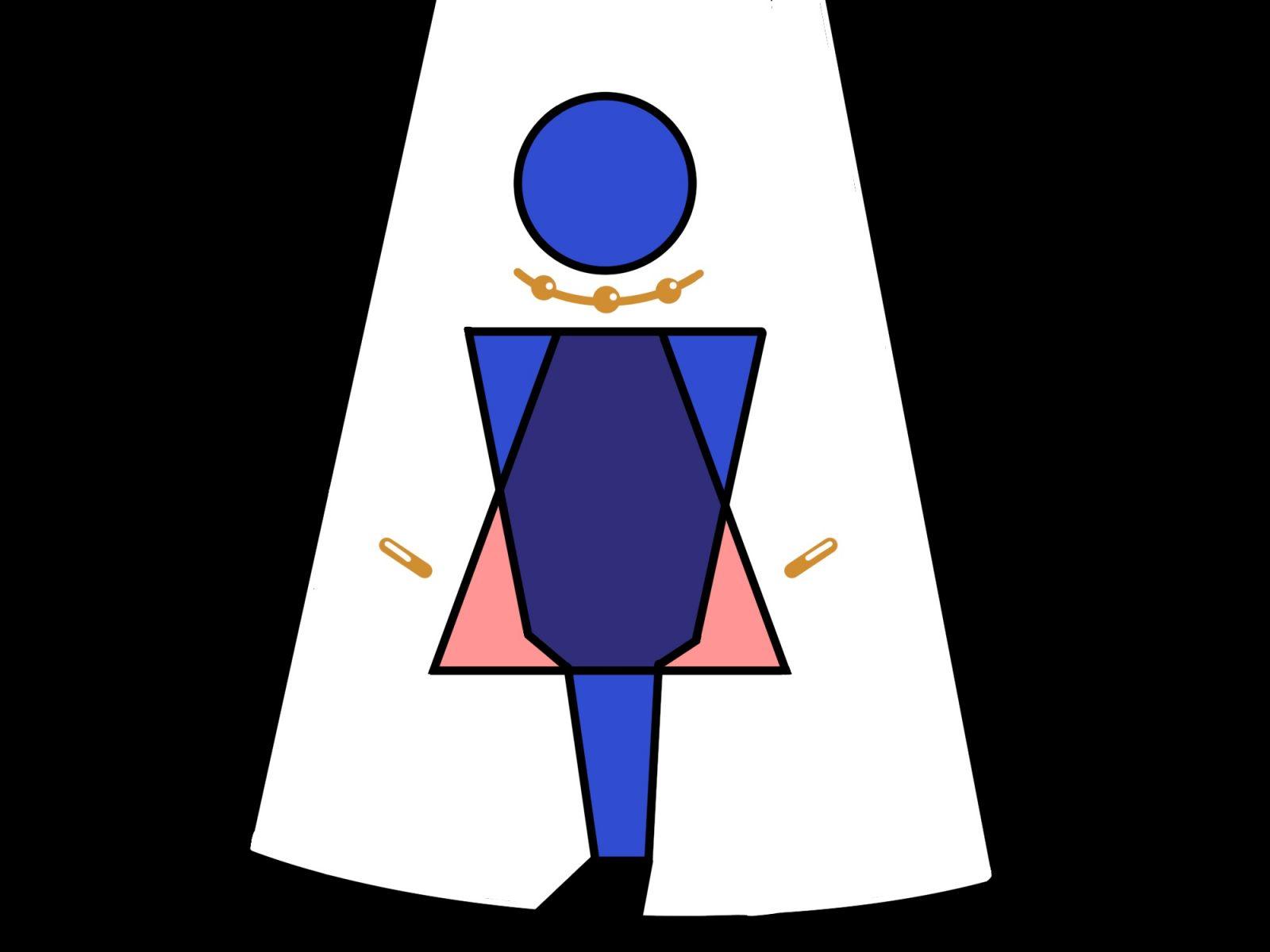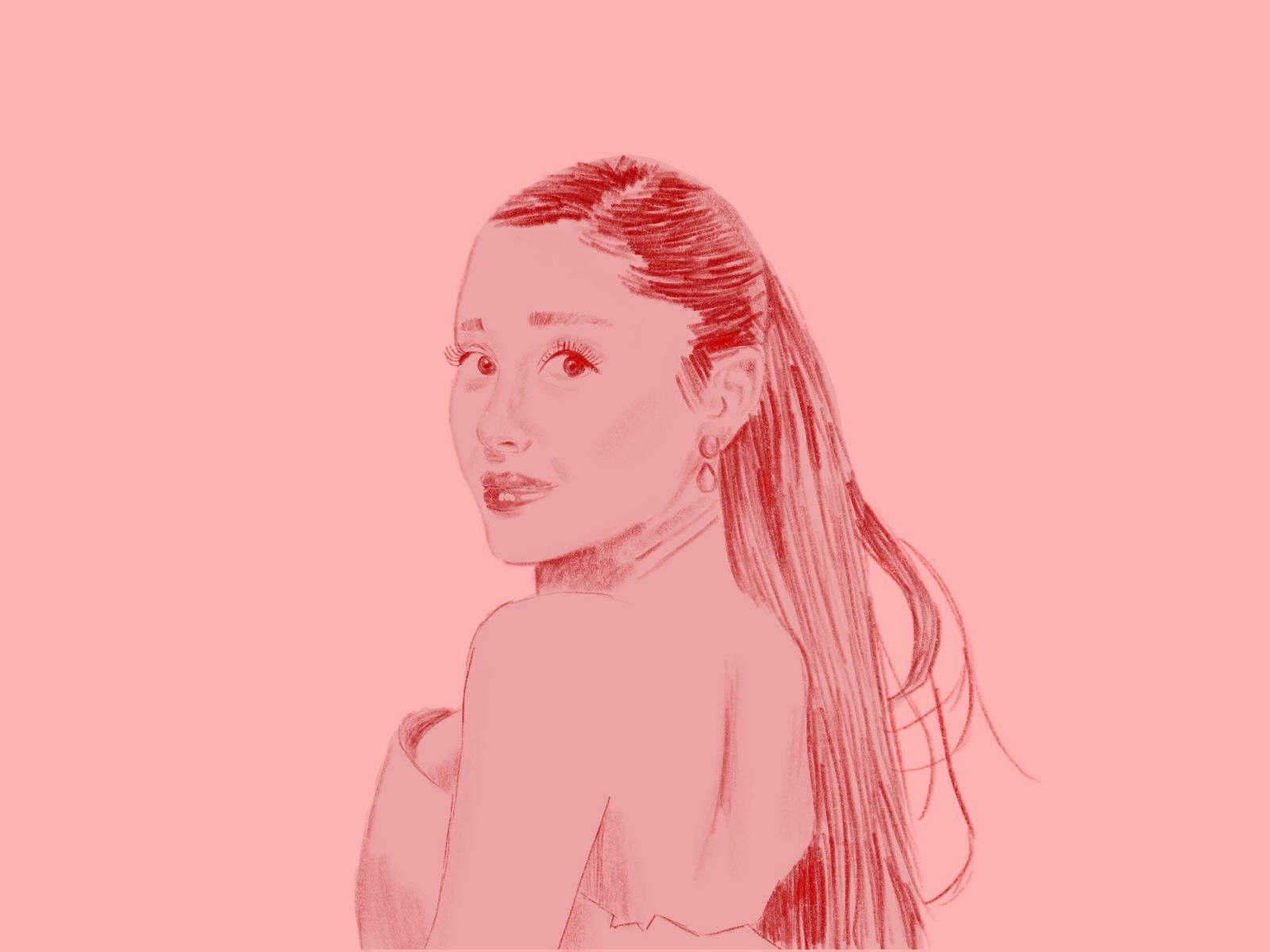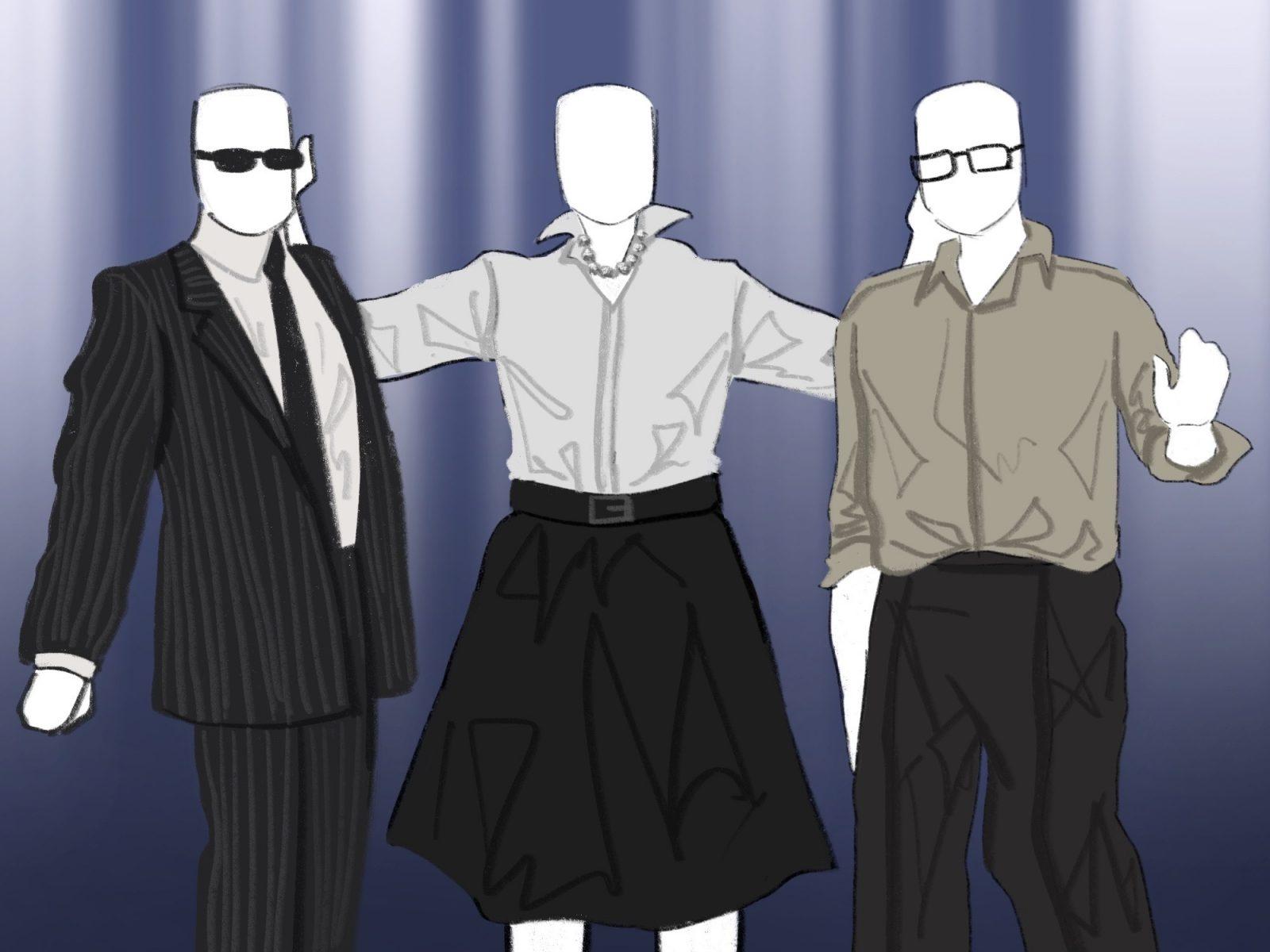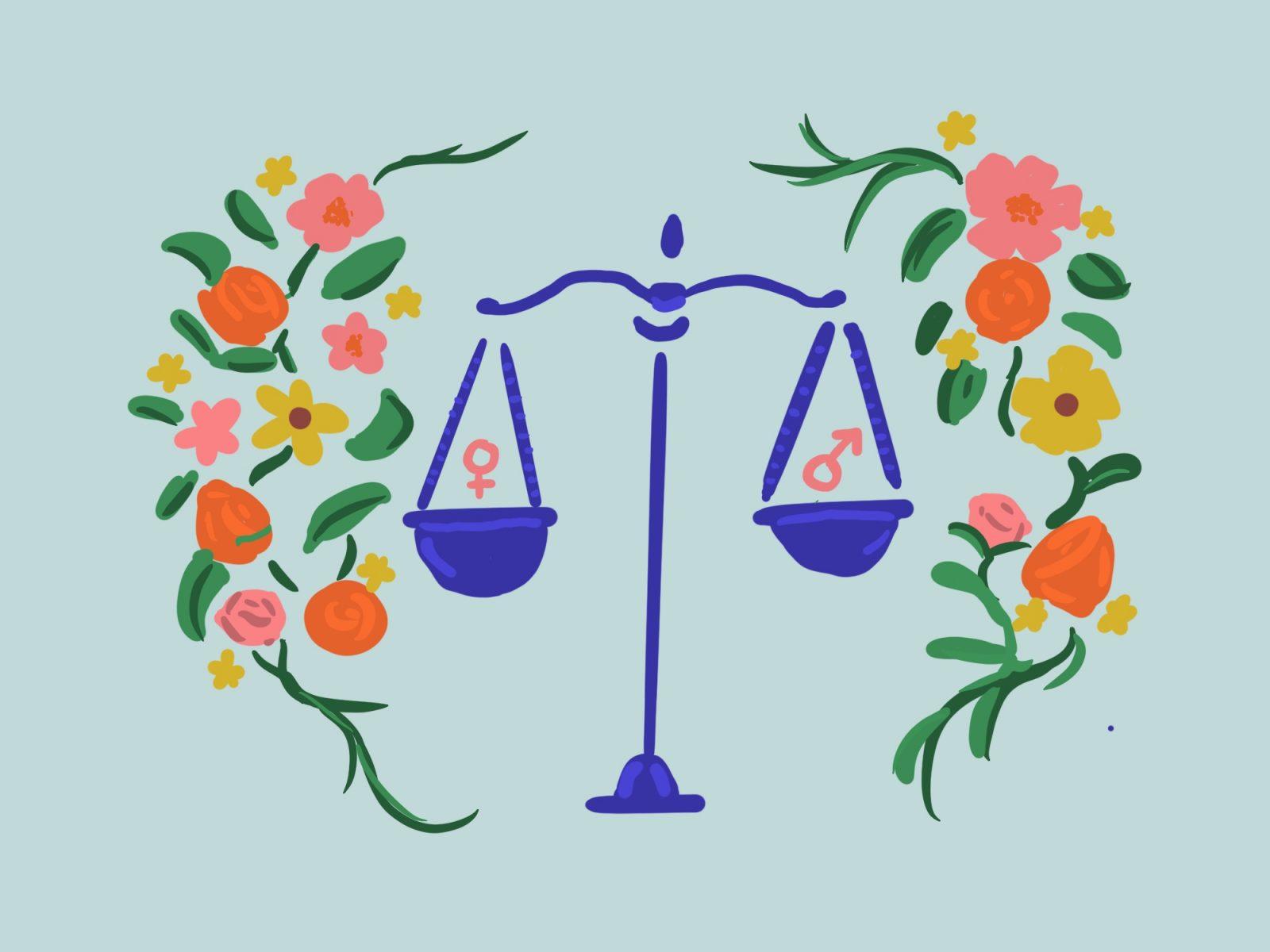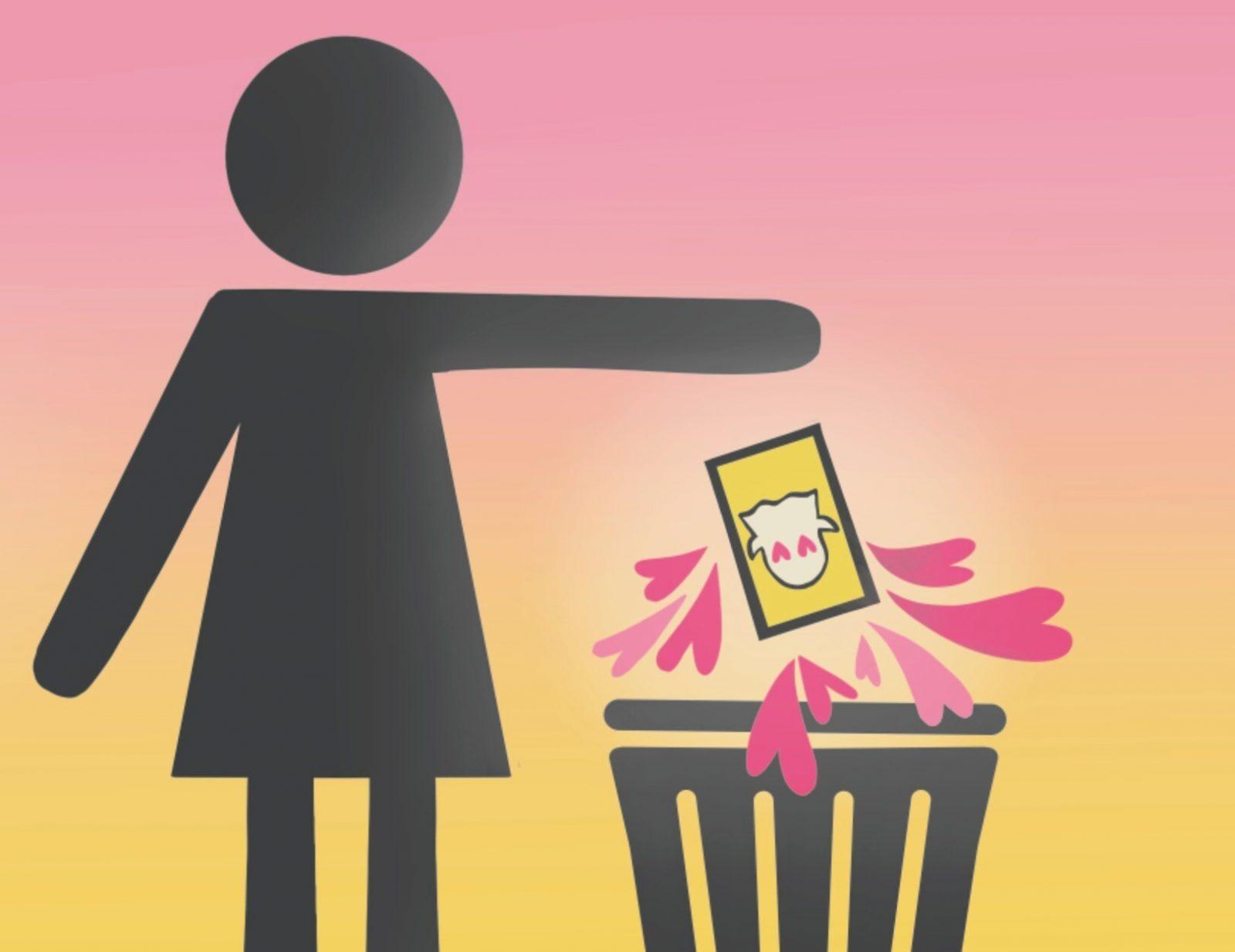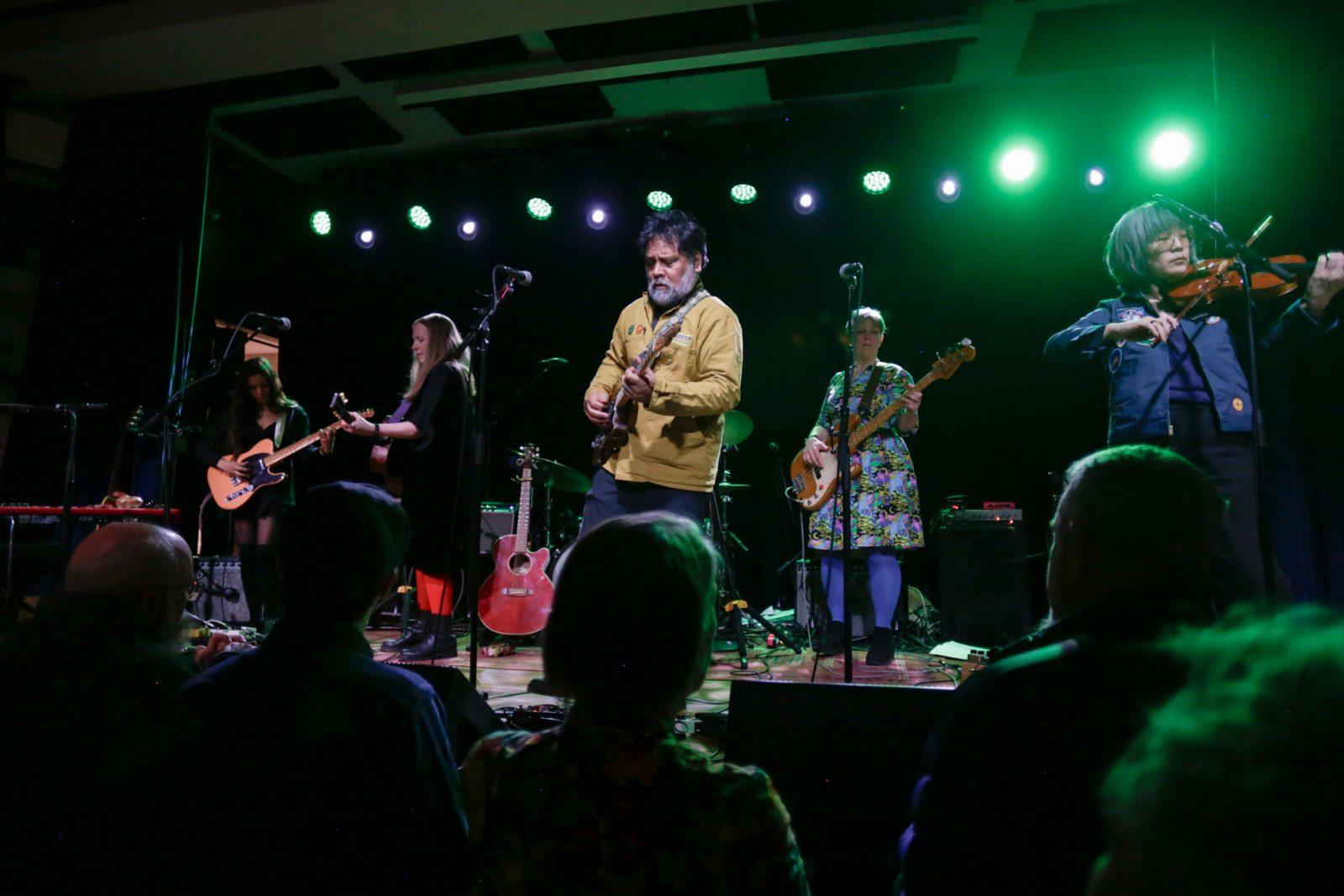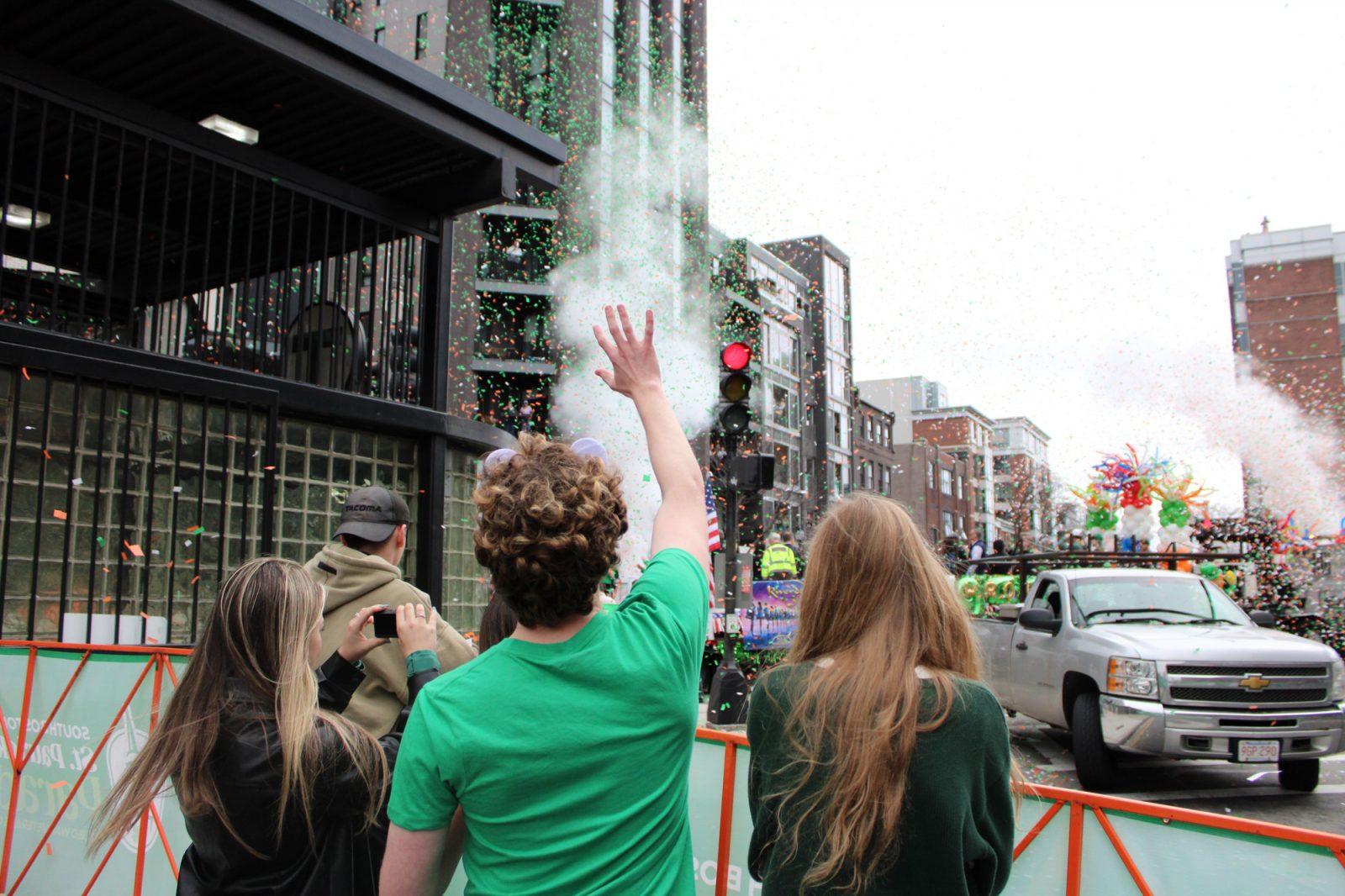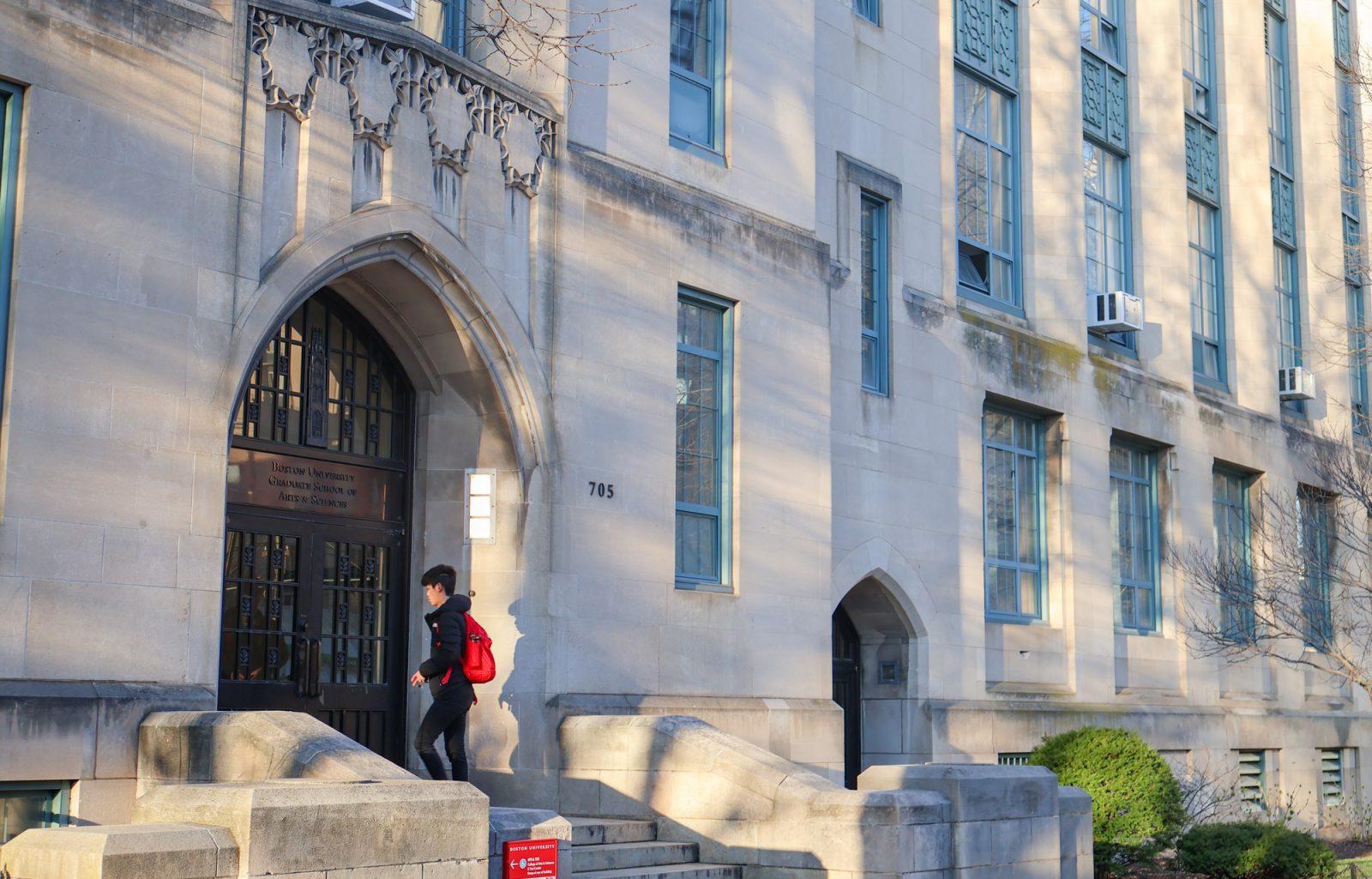Walk down Commonwealth Avenue and on any given day you are bound to pass many people of different sizes, shapes and shades from different places, backgrounds and nationalities.
At BU, 49 different cultural associations recognized by the Student Activities Office are a testament to the school’s diversity.
There is seemingly a group for every letter of the alphabet, from the Albanian Club and Hong Kong Student Association to the Organization of Pakistani Students and Vietnamese Student Association.
SAO Director Carolyn Norris said º opportunity exist for the different groups to come together and interact.
“There is a consortium … composed of representatives from these groups that meets on a regular basis throughout the academic year,” she said in an email. “The purposes of the consortium are so that students in the cultural groups can meet one another, discuss ideas, collaborate on programs and share their calendars of events.”
But this interaction cannot be forced, say some concerned students.
India Club public relations co-chair Varun Mehta said that for this reason, he does not think the consortium is a good idea.
“I don’t think there should be any official programs or clubs to bring together different cultural groups,” the College of Arts and Sciences sophomore said in an email. “Groups should assimilate themselves and not be forced or pushed into [it].”
African Students Organization vice president Yayne Hailu said she thinks the problem with the cultural consortium islist of included groups.
“It would be beneficial if BU had events to pull the groups together involving the members as well and not just the [executive] board,” the CAS sophomore said.
Sociology department chairman John Stone said he thinks BU should not attempt to bring different cultural groups together unless the groups themselves wished it.
“It can be very helpful [to bring groups together],” he said, “but if it’s not the right situation, it can also be very destructive.”
Stone said the nature of American society lends itself to the formation of different groups, and those groups are the result of a completely natural association of people with similar interests and backgrounds.
Latinos Unidos president David Blanding said he was originally disconcerted by the BU experience because of a lack of diversity, but through experience with different cultural groups on campus, he realized there was more of a diverse base than he had thought.
However, Blanding said there is a divide between the cultural groups at BU and attributes it to the differences intrinsic to the groups.
“Whereas Boston University seeks to create a community that transcends cultural boundaries, cultural groups seek to create a community that transcends Boston University,” the CAS senior said in an email. “Cultural groups bring different colleges together under the pretense of cultural commonality.
“Still, I believe that there is interaction, albeit tacit and informal, between different cultural groups,” Blanding continued.
Hailu said she thought there were divisions between groups, but that most groups ultimately try to remain open.
“I haven’t had a bad experience as of yet,” she said.
College of General Studies sophomore Peter Bonhomme said he thought there was a separation between cultural groups because of different events being held for different groups.
“If there is … [a black] fraternity social going on at the GSU,” he said, “I don’t think Caucasians and Hispanics are going to be a big part of that.”
Stone said the divide depends on the individual groups involved, on how each group is organized and run as to whether it is open to accepting members from outside their specific group or if it is more inwardly focused.
But other students, such as Latinos Unidos member Alevil Rincones, said groups have the potential to unite people and different races.
“[Latinos Unidos] is a great group for those who are interested in meeting other Latinos [on] campus,” Rincones continued. “However, the group is not only for Latinos and they advertise that. We have [African-Americans], Asians and Irish people as part of the group.”
CGS sophomore Chris Findlay said he was a member of the French Cultural Society during his freshman year because he lived in France for three years and enjoyed the culture, but ultimately was not concerned with finding others who agreed.
“I’m not the kind of person who looks for a specific group to belong to,” he said. “I’ll make friends with anybody.”

